55+ Healthy Meals for Breastfeeding Moms
- September 23, 2024
- Last Updated: December 12, 2024
- 2 Comments
- Pregnancy & Postpartum
If you’re a new breastfeeding mama, you are likely hungry and exhausted and in need of healthy meals for breastfeeding moms. While it may be easy to put your health on the back burner while you adjust to life with a newborn, nutrition is key for both you and your baby. With some quick planning, you can get much-needed nutrients without complicated meals.
As an Amazon Associate, I may earn from qualifying purchases. You can read more here on our Disclaimer and Privacy Page.
As a Registered Dietitian and mom of three, I’m well-versed in the efforts of breastfeeding and the vast amount of energy it requires.
Nursing a baby takes a lot of energy. You’ve probably noticed that you are more hungry now than when you were growing a baby.
Breastfeeding hunger as a new mom is no joke – it can be a steep learning curve to feel intense hunger constantly.
This hunger isn’t a bad thing, though!
Our body needs it, especially when we have so much repair during postpartum – pelvic floor repair, tissue and organ repair, nutrient repair, etc.
If you want to work on strengthening your pelvic floor during pregnancy or postpartum, I highly recommend this free course from MUTU! The free videos and information offers a great way to see where you are and what needs to be strengthened for better movement, mobility and more. I’ve personally gone through MUTU and it was life changing!
Your body amps up your appetite to get the nutrients you need to produce milk and keep yourself healthy, so eating a balanced diet is important.
A healthy diet for breastfeeding moms is based on a variety of foods to replenish nutrients that were lost or burned during birth and early postpartum.
We want protein in all meals and snacks, whether it’s lactation smoothies or chocolate protein waffles.
When you honor your hunger with nourishing, enjoyable foods and essential nutrients, you’ll have the energy you need to thrive in the infant stage!

As a Registered Dietitian and breastfeeding mom of three, I really value the importance of healthy recipes for breastfeeding moms.
The trick for postpartum moms is to have nourishing food and easy snacks available for when the hunger hits!
Fresh fruits are a great start (and source of Vitamin C!), but we also need more calorically dense options.
Yes, you’ll need plenty of good snacks for breastfeeding and healthy meals, made with a variety of foods.
In the postpartum stage, you need easy and nutritious foods (and extra calories) to help your baby growth and thrive, and make sure your body is properly healing.
That’s why I’ve rounded up some healthy meal ideas for new breastfeeding moms – don’t worry, we’ve got plenty of green leafy vegetables and nutrient-dense foods that taste good.
Important Nutrients for Breastfeeding
You may have focused on adding nutrient-dense foods to your diet while pregnant.
It’s a good idea to carry on with those healthy recipes and iron-rich foods in the postpartum period.
Your body was responsible for some vast changes during pregnancy: increased blood volume, shifts in hormones, and increased fat storage, to name a few!
Not only is your body recovering from growing a human, but also from the delivery.
After all 3 of my births, I was focused on including many of the best foods for postpartum recovery and healthy food choices.

Now add in breastfeeding, and your body has a lot of nutrient demands.
You need an average of 500 additional calories every day to support your milk supply and breastfeeding journey, which is around 200 more than you needed during the last part of your pregnancy.
How you get those calories can make all of the difference in your health and maybe even baby’s health.
Plus, your diet impacts the nutrient makeup of your milk and your supply.
Here’s a rundown of some of the most important nutrients for breastfeeding moms:
Protein
Protein has been a nutrition buzzword for some time now, and for good reason. The amino acids in protein are the building blocks of all of your body’s tissues.
That means you need protein to repair any tears that occurred during delivery, or to recover from a c-section. If breastfeeding, your body is producing milk, which requires amino acids.
Additionally, your baby needs protein and there is a direct link between your intake and the protein content in your milk.
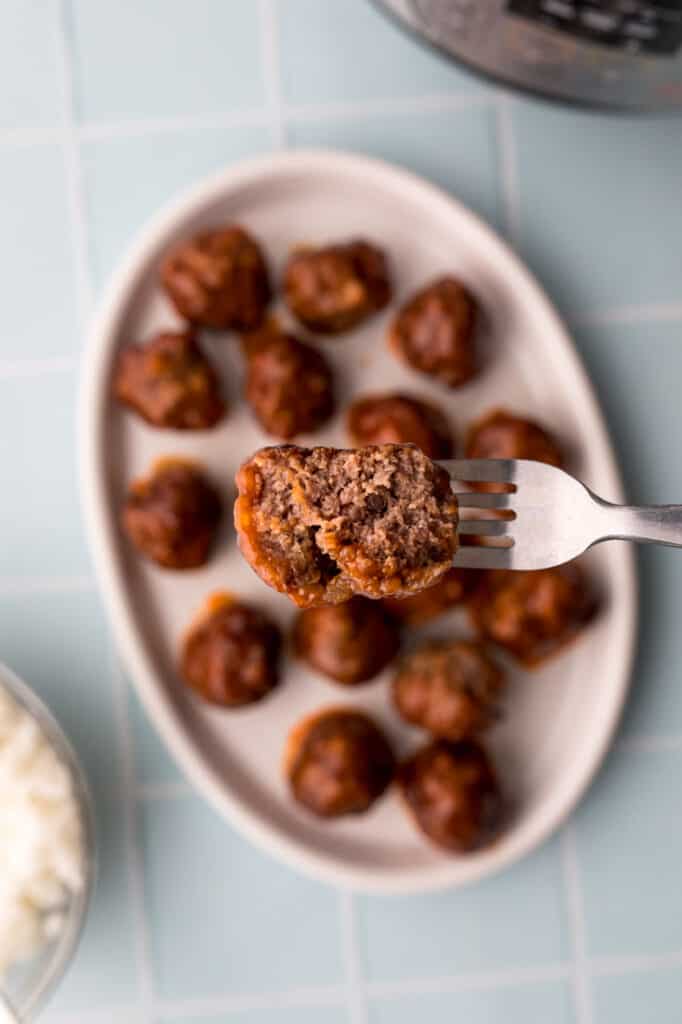
Increased dietary protein intake has been found to correlate with increased adiponectin in breast milk.
Adiponectin helps to regulate metabolism and fight inflammation—and may help to reduce the risk of diabetes and obesity later in life.
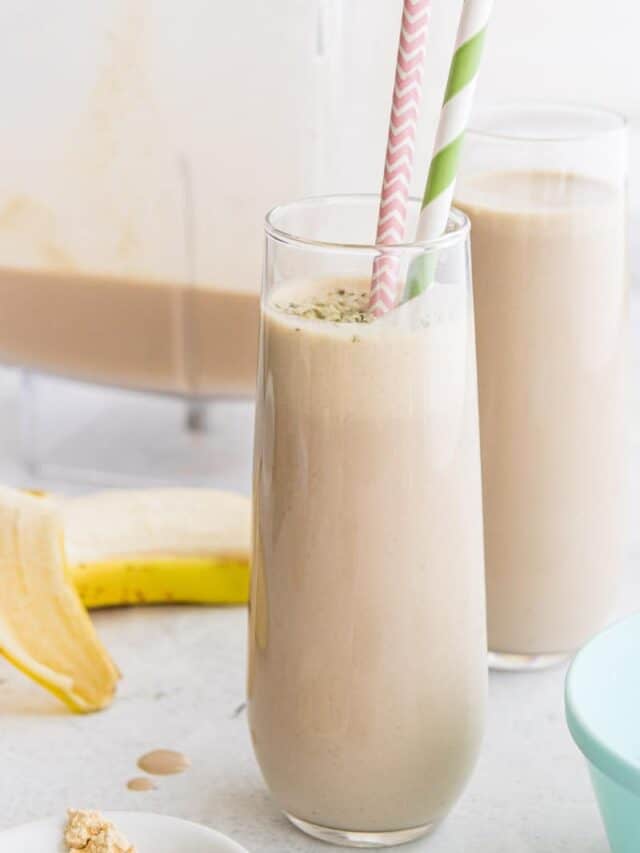
Protein needs while breastfeeding are around 65-71 grams per day, or an additional 17 grams daily.
To feel full after your meals and healthy snacks (even breastfeeding night snacks), you should try to include a protein-rich food.
Good protein foods include:
- Chicken
- Beef
- Pork
- Fish
- Shellfish
- Eggs
- Milk
- Protein powder – which you can toss in a delicious pregnancy smoothie or postpartum smoothie!
- Cottage cheese – Cottage cheese makes this high protein overnight oats recipe a great one!
- Greek yogurt
- Cheese
- Legumes like lentils, black beans, or peas
- Nuts and seeds like almonds, chia seeds, or pumpkin seeds
- Tofu
- Tempeh
- Whole grains like quinoa or oats
You can also get protein from supplements like whey protein or collagen powder (read more about collagen for breastfeeding moms).
These high-protein snacks for pregnancy double as a great option for breastfeeding moms too.
Calcium
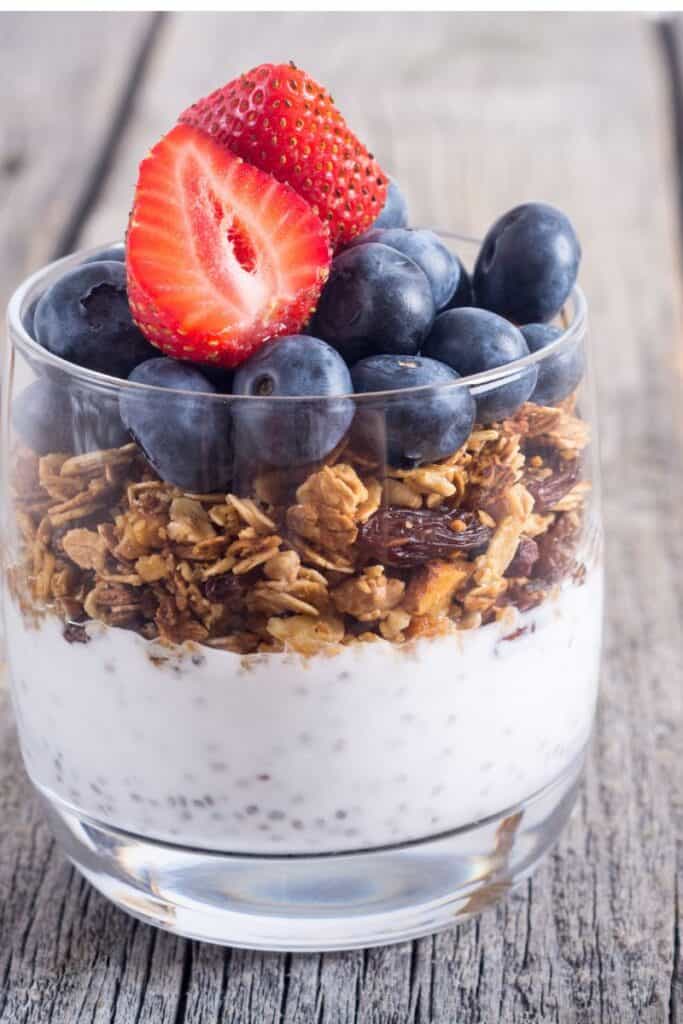
Calcium is a mineral that is essential for bone development.
Your baby will be growing like crazy in the next months. Infancy is the fastest period of growth and your breastmilk can do the job.
Here’s the thing: your baby will get what they need to develop. But if you don’t get it through your diet, the calcium will come from your own bones.
All the more reason to make sure your calcium intake is on par with the recommendations of 1300 mg daily.
Some dietary sources of calcium include:
- Milk
- Yogurt
- Cheese
- Calcium-fortified products like juice and tofu
Choline
Choline is a mineral that supports your baby’s growth, immune function, and memory.
Your dietary intake of choline affects the choline concentration in your breastmilk.
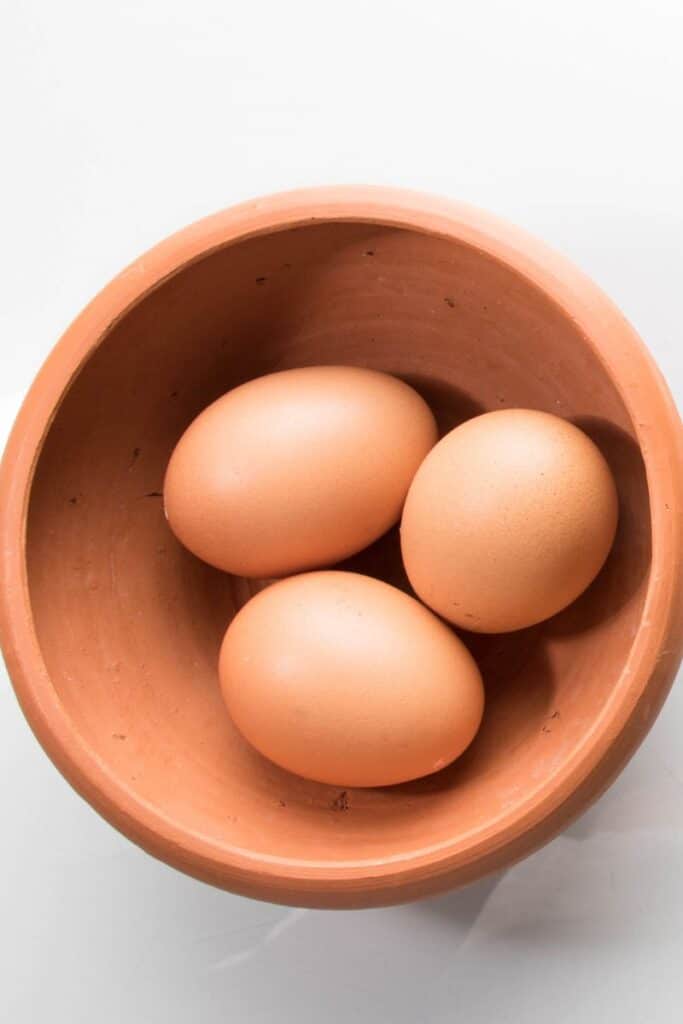
For that reason, there’s an increased need for choline during pregnancy and in breastfeeding women.
You can find choline in these foods:
- Eggs
- Chicken
- Beef
- Potatoes
- Cruciferous veggies like broccoli, cabbage, kale, Brussels sprouts, and bok choy
- Soybeans (tofu, edamame)
- Fish
Vitamin A
Your breastmilk contains vital fat-soluble nutrients like vitamin A.
If your diet is low in vitamin A, your milk will be as well. The good news is that if you are getting enough, your milk will have the nutrients your baby needs.
It’s important to note that fat-soluble vitamins are better absorbed when consumed with sources of fat.

In other words, be sure to pair your greens with an oil-based salad dressing (or raw olive oil and balsamic vinegar) or sautee your veggies in olive or avocado oil.
Vitamin A is key for vision development and plays a role in growth and immunity.
You need almost double the amount of vitamin A a non-pregnant woman needs!
You can get vitamin A from the following foods:
- Carrots
- Sweet potatoes
- Leafy greens, like spinach and kale
- Pumpkin (dairy free pumpkin muffins are a favorite nursing snack)
- Red or yellow bell peppers
- Mangoes
- Eggs
- Liver
- Cod liver oil
- Dairy products like milk and cheese
Vitamin D
Another fat-soluble vitamin you need while breastfeeding is vitamin D.
Vitamin D is known as the sunshine vitamin, as exposure to the sun’s rays helps convert vitamin D to a usable form in your body.

Essential for bone health, vitamin D also helps support your baby’s immune system.
Breastmilk does not typically contain the recommended daily amount of vitamin D for babies, so you may need to take a Vitamin D supplement if you are exclusively breastfeeding.
Some research suggests that supplementing with high doses of vitamin D can increase the vitamin D content of your milk to adequately meet your baby’s needs.
Talk with your healthcare provider to discuss vitamin D dosing.
To increase your dietary vitamin D, try these foods, but understand that it can be difficult to get enough Vitamin D through food.
- Fatty fish like salmon or tuna
- Cod liver oil
- Eggs (the yolk in particular)
- Fortified products like juice, milk, and yogurt (if you do avoid dairy for baby, take a look at these dairy free snacks)
Omega-3 Fatty Acids
Lastly, there are omega-3 fatty acids, which are very important for breastfeeding moms.
While EPA and DHA are usually together in supplement form you can read about The Difference Between EPA and DHA, which we covered in a past post.
These healthy fats are linked with benefits like reduced cognitive decline, improved heart health, and enhanced mood.

The impact on mood may be especially important during the months after you give birth.
Some research even shows that low intake of omega-3 fatty acids is associated with increased postpartum depression.
Besides benefits for you, the omega-3 fatty acid DHA (docosahexaenoic acid) plays a major role in baby’s brain development and vision.
Sources of omega-3 fatty acids:
- Fatty fish like salmon, mackerel, sardines, or tuna
- Shellfish
- Fish oil (cod liver oil or fish oil supplements)
- Seeds like flax seeds, chia seeds, and hemp seeds
- Nuts, like walnuts
- sesame seeds or tahini paste (this lemon garlic lentil hummus is a great way to get it!)
- Fortified foods, like eggs and yogurt
Foods to Avoid While Breastfeeding
In general, most foods are fine for breastfeeding moms. However, there are a few things to be mindful of.
Certain Fish
First, fish is a great dietary way to increase your omega-3 fatty acid intake.
It’s a great source of protein and other vitamins and minerals, too, and it’s great for heart health and possibly reducing the risk of heart disease.
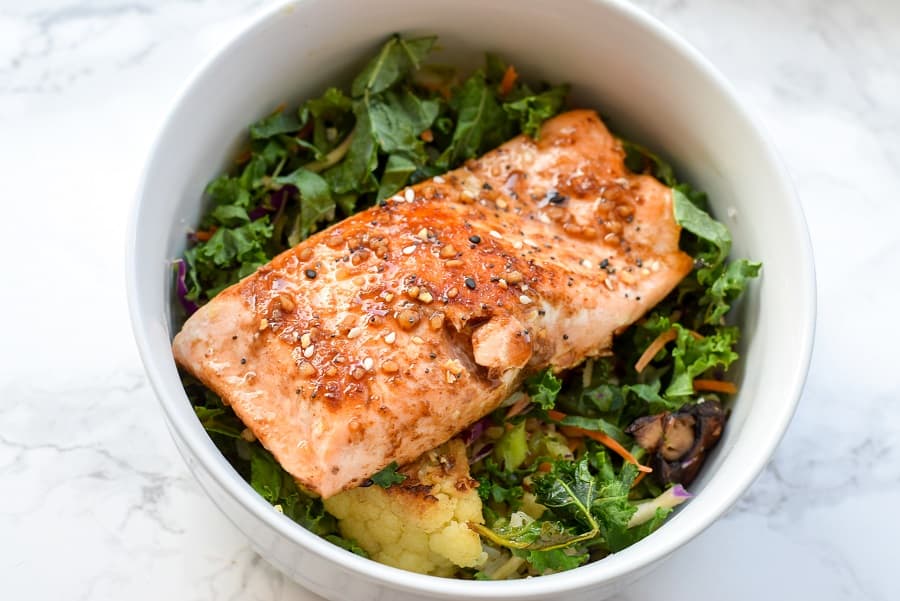
The “catch” is sometimes fish contains harmful contaminants.
So if you’re eating fish that family or friends have caught, be sure to check for any fish advisories.
If you’re in the clear, limit yourself to one serving for that week.
You’ll also want to avoid high-mercury fish, like mackerel, marlin, shark, swordfish, bigeye tuna, tilefish, and orange roughy.
Too Much Caffeine
Don’t worry, you can have your coffee or herbal tea.
However, too much caffeine can lead to poor sleeping patterns and fussiness in your baby.
Furthermore, downing coffee all day rather than water or another hydrating drink can leave you dehydrated. Staying hydrated with water (and electrolytes) is always the best choice.
Good hydration for breastfeeding is also important for your supply, on top of the health benefits.

Try to limit caffeine to 300 mg or less daily (i.e., 2-3 small cups of coffee).
Alchohol
And we can’t forget about that alcoholic drink.
The Academy of Nutrition and Dietetics recommends that you refrain from alcohol when breastfeeding or talk about it with a health care provider.
Some research suggests that little alcohol is secreted in your milk and it can be safe to enjoy your favorite drink on occasion.
If you do, it is recommended that you nurse your baby before having the drink.
Or, have a drink and then wait until the alcohol has completely cleared your breast milk before nursing (for infants at least 3 months of age).

This typically takes 2-3 hours for a standard drink: 12 ounces (355 milliliters) of 5% beer, 5 ounces (148 milliliters) of 11% wine or 1.5 ounces (44 milliliters) of 40% liquor, depending on your body weight.
You can also consider pumping milk before drinking alcohol to feed your baby later.
Healthy Meals for New Breastfeeding Moms
Wondering what qualifies as healthy eating for breastfeeding? Almost everything!
You can eat a wide variety of foods to meet your body’s increased nutrient demand, and we have so many healthy recipes for breastfeeding moms.
But as a mom of a newborn, the last thing you need is a complicated recipe that leaves a ton of dishes to do.
The meals I’ve rounded up are nutrient-dense AND quick and easy to make. Enjoy!
Healthy Meals for Breastfeeding Moms
These healthy meals for breastfeeding moms are nourishing and helpful for providing the essential nutrients you need postpartum for healing and baby's development.
This 20 minute honey garlic shrimp and broccoli sheet pan meal is the perfect quick and easy meal for postpartum mamas. With minimal prep and clean up, it's ready quickly and served with a delicious honey ginger shrimp sauce.
This easy chicken and veggie egg noodle stir fry is a pantry-friendly recipe and comes together in less than 30 minutes from start to finish. It's great for a weeknight, kid-friendly, or post workout meal!
A delicious and nutritious, protein-packed frittata that is great for any meal of the day. It's easy to make during nap time and eat later.
A nutrient-packed sandwich that doesn't sacrifice any of the flavor! It can be made in under 15 minutes and boasts a nice balance of sweet and savory.
This veggie sweet potato avocado breakfast pizza is filling with both complex carbohydrates and satiating protein. It's also bursting with flavor and a great way to start the day with veggies!
This Sheet Pan Breaded Honey Mustard Salmon is a delicious and easy meal for breastfeeding moms. While this sheet pan meal requires minimal prep and clean up, it's also full of flavor and balanced nutrition for an easy family meal.
This Eggplant Breakfast Hash is a great way to add vegetables into your morning routine, or have as a side to any entree. Dress it up with eggs or bacon, or enjoy as is!
These zucchini salmon fritters can be made in less than 20 minutes and are high in protein and healthy fats!
These Teriyaki Pineapple Salmon Patties are an easy, flavorful weeknight dinner recipe ready in 15 minutes and full of healthy fats, protein and flavor. Easy to pair with a salad, or throw on a bun or sandwich, these teriyaki patties make for great meal prep dinners and leftovers, too!
These quinoa pizza bites are perfect for moms and kids alike. Filled with greens, tomatoes, breadcrumbs, and cheese, these veggie quinoa bites taste like healthy mini pizza bites.
This vegan winter roasted vegetable bowl is a delicious autumn bowl recipe, with whole grains, plant protein and roasted vegetables topped with a creamy tahini lime dressing.
Oven baked kabobs are great any time of year, whether you have a grill or not. With a tantalizing flavor blend of chicken, sweet potatoes, veggies and a lemon herb marinade, these easy kabobs in the oven are a must make.
This BBQ Bison Meatball recipe is the only bison meatball recipe you need. Instant pot bbq meatballs are delicious as is, or paired with rice or pasta.
This turkey taco quinoa skillet is an easy, delicious weeknight meal that comes together quickly. Made with cheese, quinoa, ground turkey, black beans, veggies, this cheesy taco skillet will be a new favorite!
Chicken pasta with coconut milk is a veggie-rich, creamy, one-pot pasta that's great for the whole family.
Chorizo Egg Bake is full of mexican flavors and a great chorizo breakfast casserole recipe for crowds and entertaining. Make this chorizo and egg casserole the night before without sacrificing any of the flavors.
Skip the mayo - this tuna with greek yogurt helps prevent that dry tuna taste, and the combination of feta cheese and dill spices brings out a refreshing flavor!
Instant Pot Tortellini Soup is a weeknight staple, full of healthy and nourishing ingredients to fill you up and keep you warm. A great family-friendly winter meal!
Lemon Tahini Lentil Hummus is an easy, hearty, protein-packed vegetarian side or main dish, bursting with Middle Eastern spices and flavors. This lentil hummus recipe is great with chips, rice, vegetables or on its own!
These Roasted Chickpea Cauliflower Sandwiches are an easy plant-based, vegetarian meal option. The roasted chickpeas give a satisfying crunch and extra flavor and you can add any veggies you have on hand.
This Summer Strawberry Chicken Salad is the perfect blend of fruity, sweet and savory. Topped with strawberry marinated chicken, it's the perfect way to eat a strawberry summer salad, topped with a cool, refreshing honey lime dressing.
Vegetarian Spaghetti Squash Casserole Boats are stuffed with a creamy vegetarian spaghetti squash casserole. This vegetarian spaghetti squash recipe is the perfect cozy fall dish.
Chicken Pumpkin Chili in the crockpot is the perfect white bean pumpkin chili with your choice of meat. Full of hearty protein, vegetables, fiber and vitamins, this pumpkin chili recipe is great for warming you up and keeping you nourished.
This Skillet Breakfast Scramble is a tasty and nutritious one-pan meal that should not be limited to just breakfast. A healthy breakfast scramble full of protein, veggies and lots of flavor, it is great for group gatherings or meals that can last you throughout the week!
This bright hued sweet potato beet smoothie is the best post workout smoothie recipe. Made with mango, beets and sweet potatoes, it's antioxidant rich, and helps replenish and restore your muscles to expedite recovery.
This Strawberry Banana Smoothie Bowl recipe is a deliciously creamy snack, or can even be made into a meal with your favorite toppings.
Lemon Blueberry Overnight Oats are a light and fruity make ahead breakfast. You'll want to make these every week!
This cantaloupe mango smoothie is great for breastfeeding moms. Make it in minutes with just 5 simple ingredients.
If you like tacos and pasta, this one pot taco tortellini is a brilliant blend of the two! It's ready in under 20 minutes and is a great, family-friendly meal!
Lemon Pepper Baked Chicken Tenders are a family favorite, and great alongside your favorite dip and grains. Ready in about 20 minutes, they're a weeknight staple, made with only a handful of ingredients!
This carrot banana smoothie is an easy, whole-foods smoothie filled with flavor, nutrition and only 6 key ingredients. Great any time of year, it has the perfect hint of creaminess and spice.
You'll never guess that beans are in this smoothie. This healthy chocolate bean smoothie is made with bananas, beans, dates, yogurt, milk and spinach to make the tastiest mint chocolate chip smoothie, plus it's full of filling fiber and protein.
A banana pear smoothie is a delicious and easy way to up your fiber intake to help with satiety, digestion, blood sugar balance and more! This pear and banana smoothie offers both fruit and veggies as well as 15 grams of protein!
These easy ground turkey sweet potato burgers offer a delicious, flavorful twist on your original turkey burger. Sweet potato patties are chock full of antioxidants and can be made as a paleo turkey burger and gluten free turkey burger without the bun.
These customizable sweet potato black bean nachos are great as a weeknight dinner, vegetarian nachos recipe, or football food. Easy to make for groups and great for kids!
These Turkey Apple Burgers are the perfect combination of tasty and nutritious, filled with fruits and vegetables! They are ideal for throwing on the grill, enjoying al fresco, or for entertaining a crowd, and perfect for kids, toddlers and adults.
This Healthy Sweetpotato Mac and Cheese is the answer to your cheesy pasta dreams. A mixture of whole wheat pasta, mashed sweetpotato, cheese and kale make this sweetpotato pasta bake a winner!
This Sweet Potato Kale Hash recipe is an easy way to add veggies to your breakfast, and make the best vegan breakfast hash.
This Easy Chicken Apple Sausage Sheet Pan Dinner is ready in 20 minutes and family-friendly! Sheet pan chicken sausage and potatoes is healthy, quick, and requires minimal prep and clean up.
Sheet Pan Pork Chops and Sweet Potatoes is an easy sheet pan fall dinner made with delicious pork tenderloin with apples and sweet potatoes.
This Turkey Sausage Breakfast Casserole is an easy make ahead breakfast that you just pop in the oven in the morning! Enjoy this turkey sausage sweet potato egg casserole after a morning workout, for meal prep or with your favorite people!
Pumpkin sweetpotato soup combines the hearty, nourishing flavors of autumn in an easy 30 minute vegan instant pot recipe.
Mix this easy sweet potato spaghetti with traditional pasta or enjoy these sweet potato zoodles on their own, with a creamy sweet potato pasta sauce!
This goat cheese quinoa salad blends savory quinoa and goat cheese with sweet fruit and sweetpotatoes, topped with a smooth citrus honey dressing.
This butter chicken rice bowl has a fun and delicious twist. The sweetpotatoes add so much flavor and nourishment, you won't be able to stop at one bowl!
This kale meatball soup is an easy family meal that's nutritious and delicious. Made with turkey meatballs accompanied by sweetpotatoes, butternut squash and some spices, every taste is a delightful burst of flavor!
Looking for an easy and quick dinner option? This air fryer sausage and veggies is ready in no time, but not short on flavor! You'll want to make it time and time again.
These Shrimp Tacos with Watermelon Pineapple Salsa are a quick and easy weeknight dinner option. Ready in under 30 minutes and full of flavor, these tacos are sure to please the whole family, children and adults alike!
Alaska Cod Sliders with Cranberry Chutney is a healthy way to get in your omega-3's! The combination of grilled fish with a tart, savory homemade cranberry sauce makes for a perfect match.
These coconut crusted fish filets are a delicious way to enjoy Alaska pollock and can be made in under 20 minutes in the pressure cooker!
These Gluten Free Fish Sticks use a breading with almond flour and quinoa to make a healthy baked fish stick for kids, served with a delicious honey yogurt dipping sauce.
These air fryer bison burgers are high in protein and healthy fats. Plus they are flavorful, ready in minutes, and an easy way to make bison burgers. Top them with your favorite spreads and enjoy an easy dinner!
Air Fryer turkey burgers are juicy, quick and tasty. Make these to perfection every time!
This easy salmon recipe is perfect for pregnancy when you don't feel like cooking. It takes 20 minutes and is healthy, flavorful and a great way to get the health benefits of salmon for breastfeeding.
These thai red curry meatballs are great for meal prep and delicious for the whole family! They have a few unique ingredients that help add flavor and nutrition too.
References:
- Kominiarek, Michelle A, and Priya Rajan. “Nutrition Recommendations in Pregnancy and Lactation.” The Medical clinics of North America vol. 100,6 (2016): 1199-1215. doi:10.1016/j.mcna.2016.06.004
- Bzikowska, Agnieszka et al. “Correlation between human milk composition and maternal nutritional status.” Roczniki Panstwowego Zakladu Higieny vol. 69,4 (2018): 363-367. doi:10.32394/rpzh.2018.0041
- Binder C, Baumgartner-Parzer S, Gard LI, Berger A, Thajer A. Maternal Diet Influences Human Milk Protein Concentration and Adipose Tissue Marker. Nutrients. 2023;15(2):433. Published 2023 Jan 14. doi:10.3390/nu15020433
- Kovacs, Christopher S. “Maternal Mineral and Bone Metabolism During Pregnancy, Lactation, and Post-Weaning Recovery.” Physiological reviews vol. 96,2 (2016): 449-547. doi:10.1152/physrev.00027.2015
- Gannon BM, Jones C, Mehta S. Vitamin A Requirements in Pregnancy and Lactation. Curr Dev Nutr. 2020;4(10):nzaa142. Published 2020 Aug 24. doi:10.1093/cdn/nzaa142
- Durá-Travé T, Gallinas-Victoriano F. Pregnancy, Breastfeeding, and Vitamin D. Int J Mol Sci. 2023;24(15):11881. Published 2023 Jul 25. doi:10.3390/ijms241511881
- Welty, Francine K. “Omega-3 fatty acids and cognitive function.” Current opinion in lipidology vol. 34,1 (2023): 12-21. doi:10.1097/MOL.0000000000000862
- Weinberg, Richard L et al. “Cardiovascular Impact of Nutritional Supplementation With Omega-3 Fatty Acids: JACC Focus Seminar.” Journal of the American College of Cardiology vol. 77,5 (2021): 593-608. doi:10.1016/j.jacc.2020.11.060
- Liao, Yuhua et al. “Efficacy of omega-3 PUFAs in depression: A meta-analysis.” Translational psychiatry vol. 9,1 190. 5 Aug. 2019, doi:10.1038/s41398-019-0515-5
- Rupanagunta, Gnana Prasoona et al. “Postpartum depression: aetiology, pathogenesis and the role of nutrients and dietary supplements in prevention and management.” Saudi pharmaceutical journal : SPJ : the official publication of the Saudi Pharmaceutical Society vol. 31,7 (2023): 1274-1293. doi:10.1016/j.jsps.2023.05.008
- Anderson, Philip O. “Alcohol Use During Breastfeeding.” Breastfeeding medicine : the official journal of the Academy of Breastfeeding Medicine vol. 13,5 (2018): 315-317. doi:10.1089/bfm.2018.0053
Support Bucket List Tummy


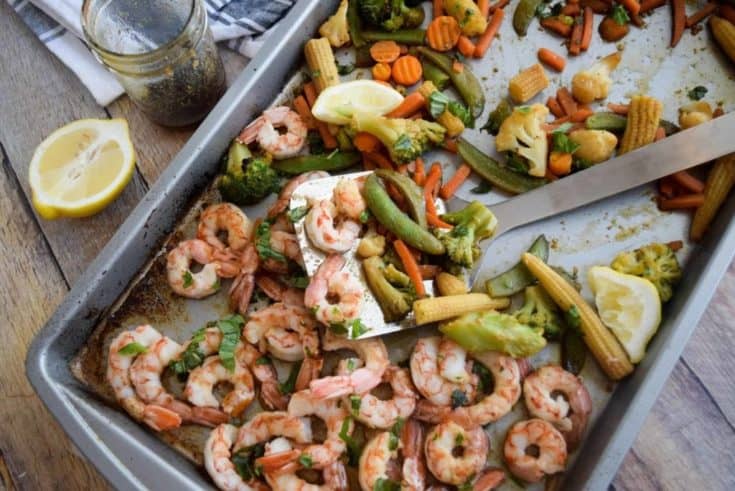
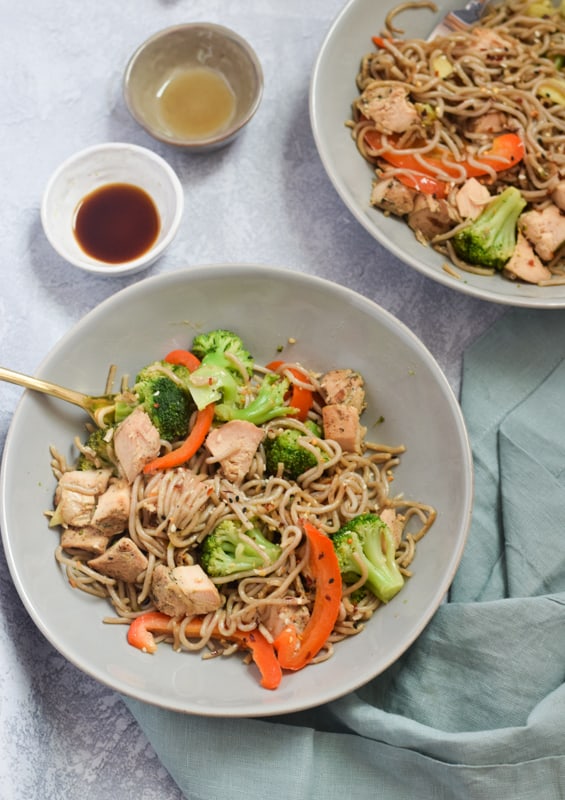
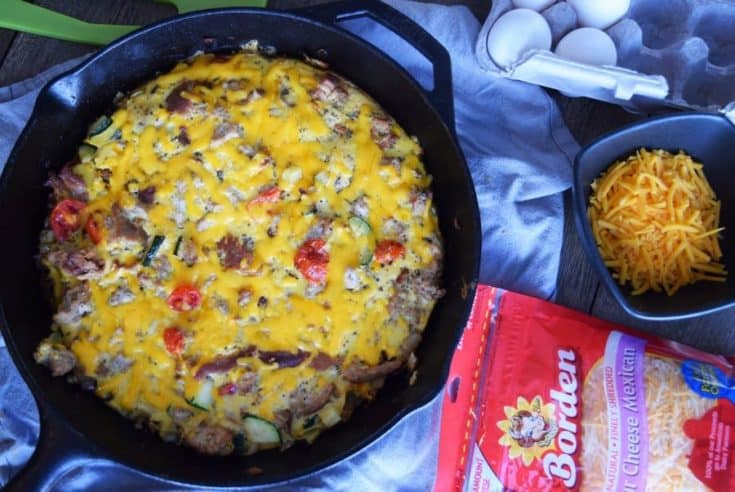
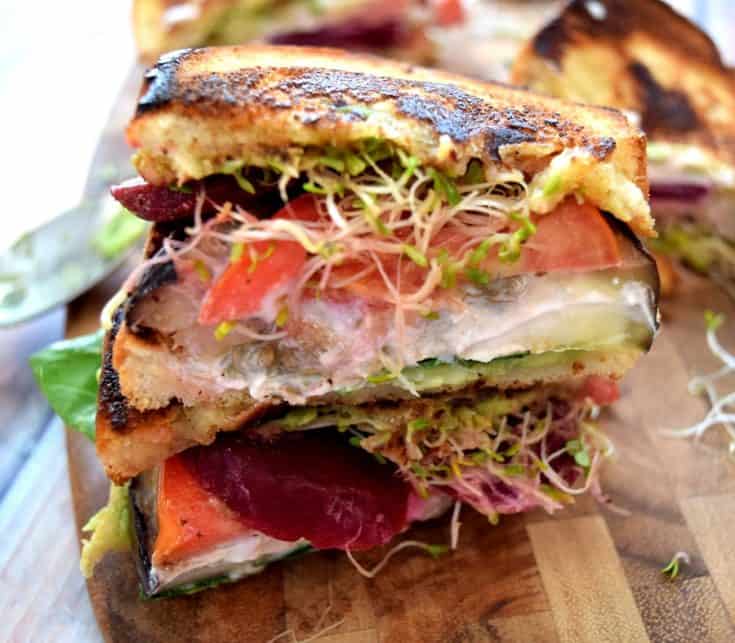
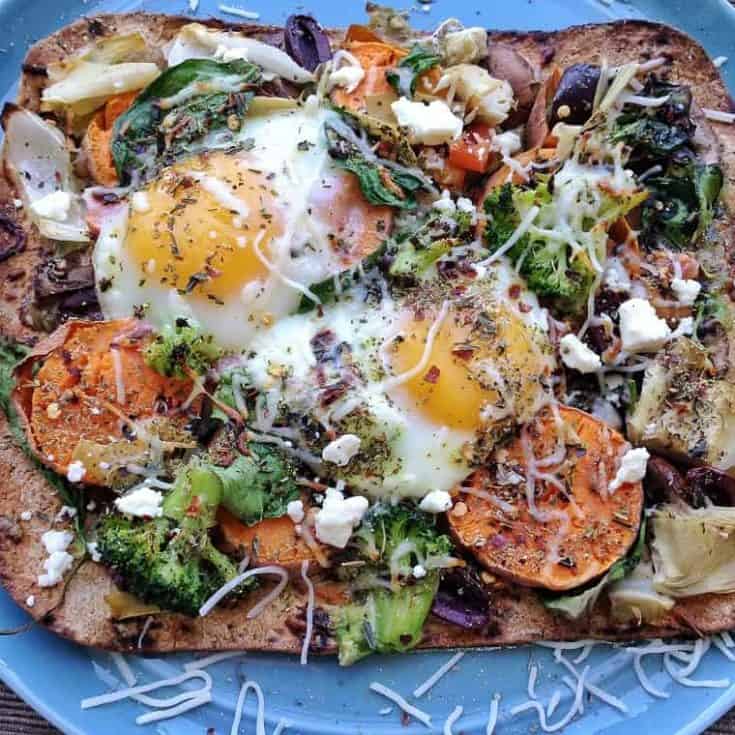
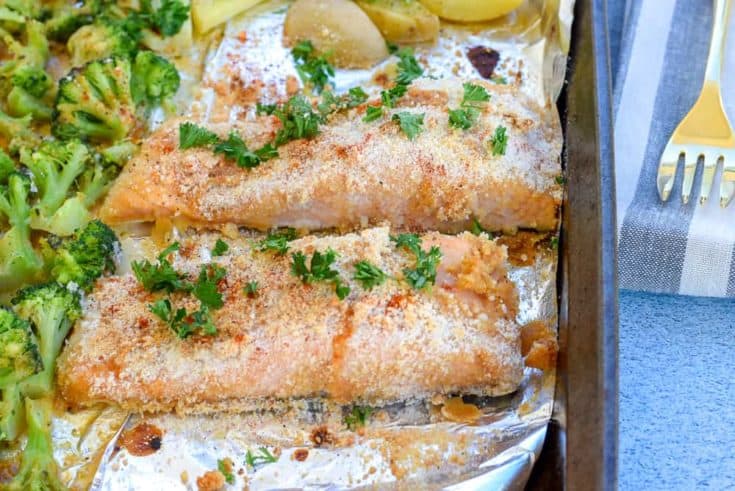
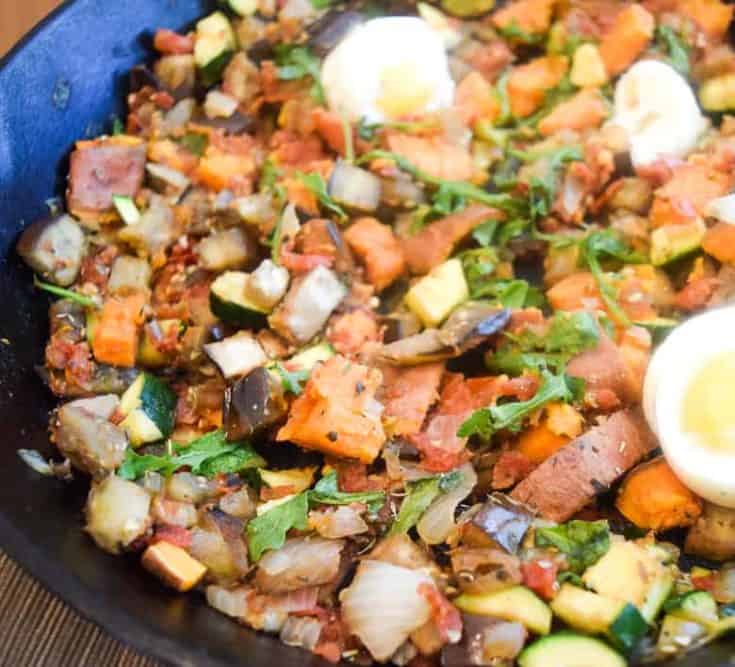
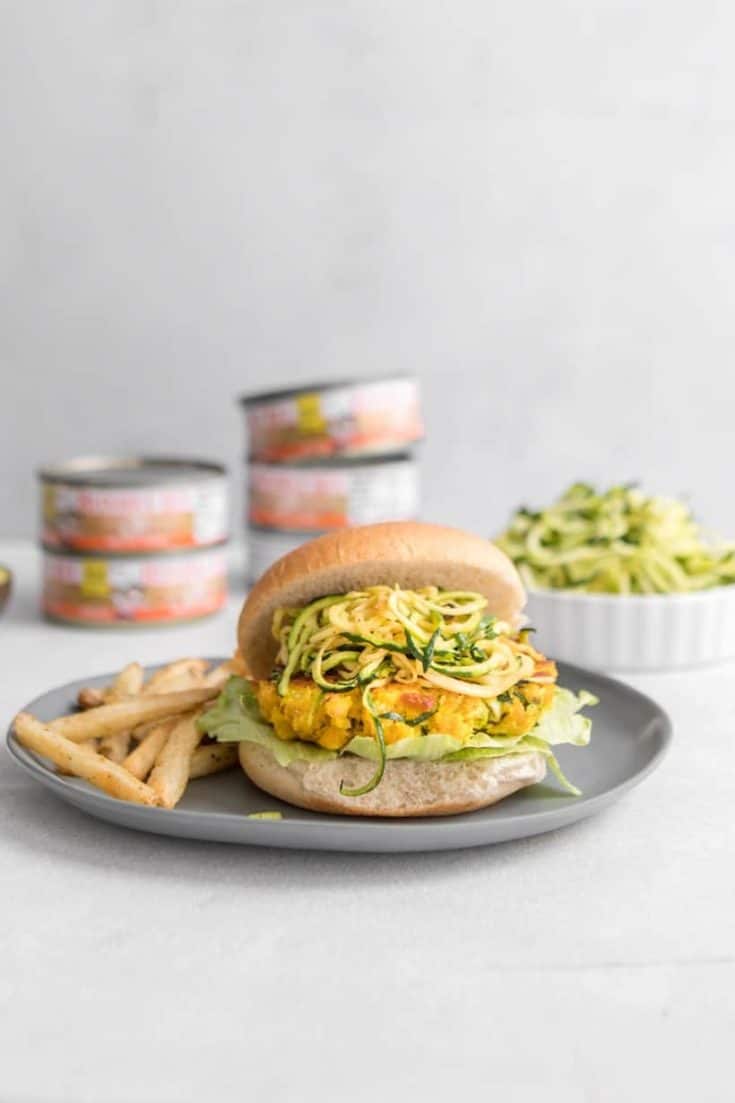
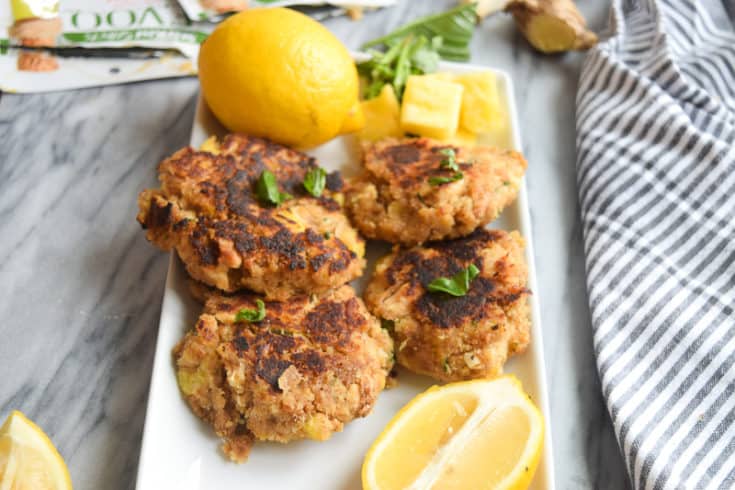
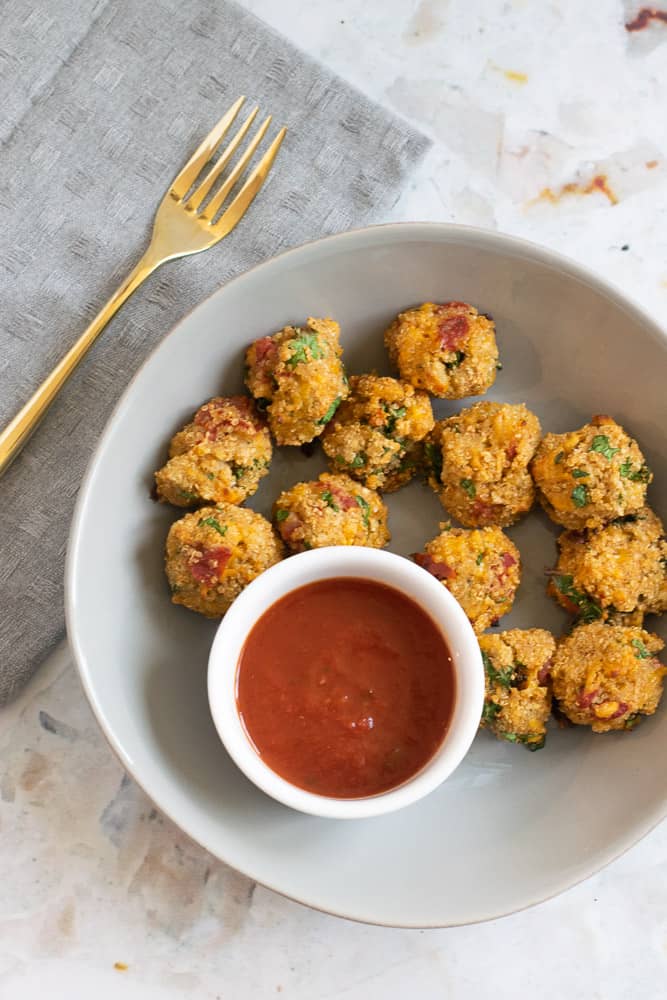
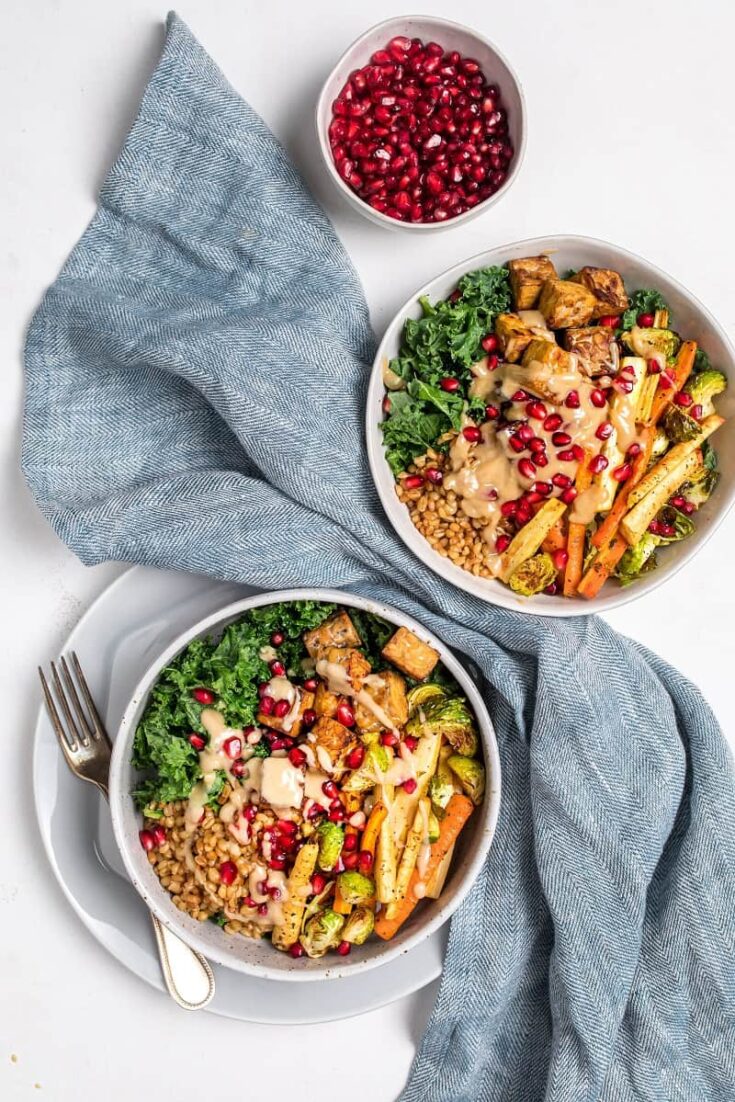

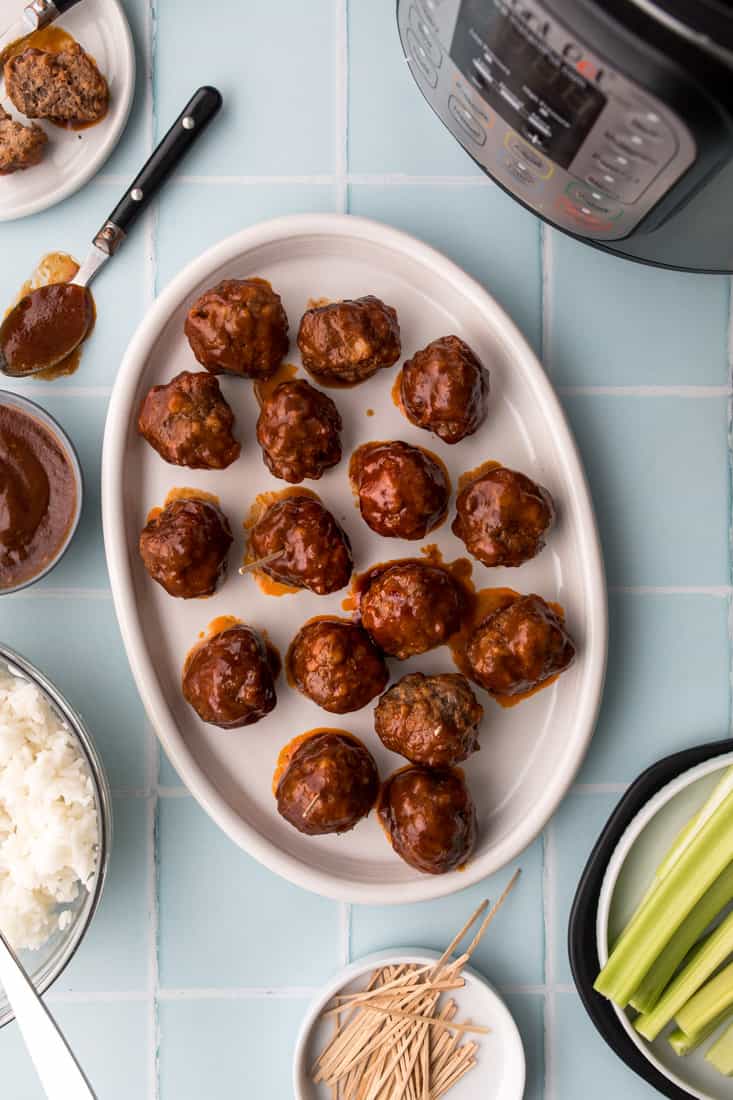
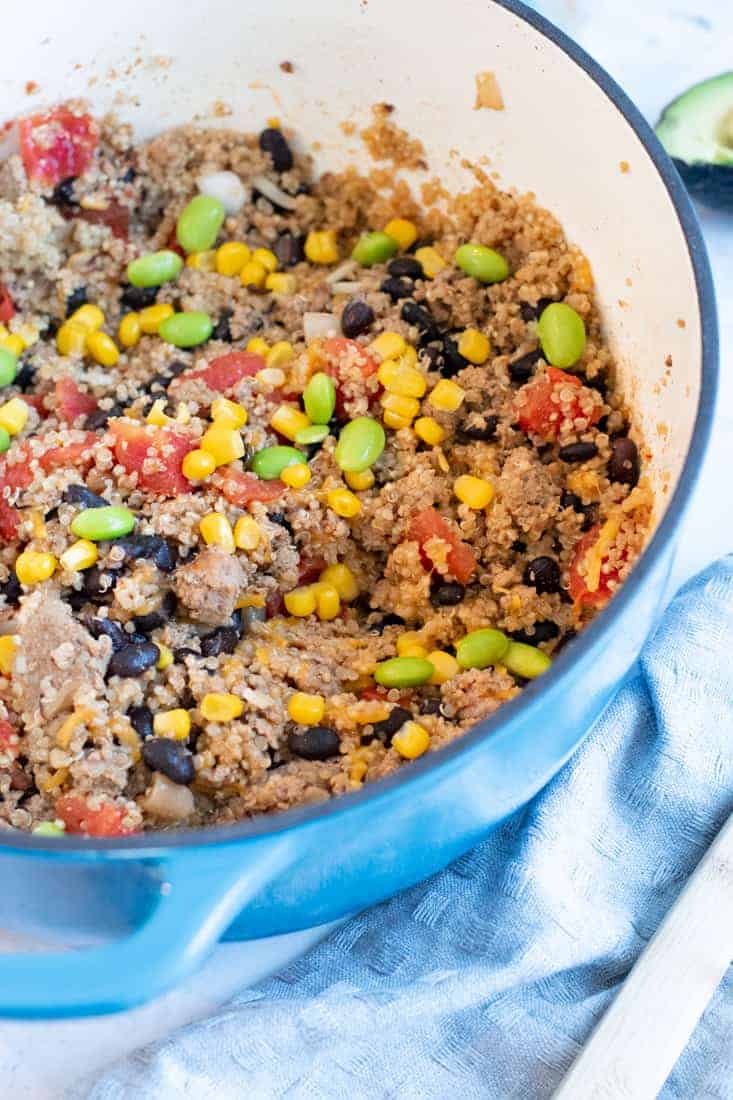

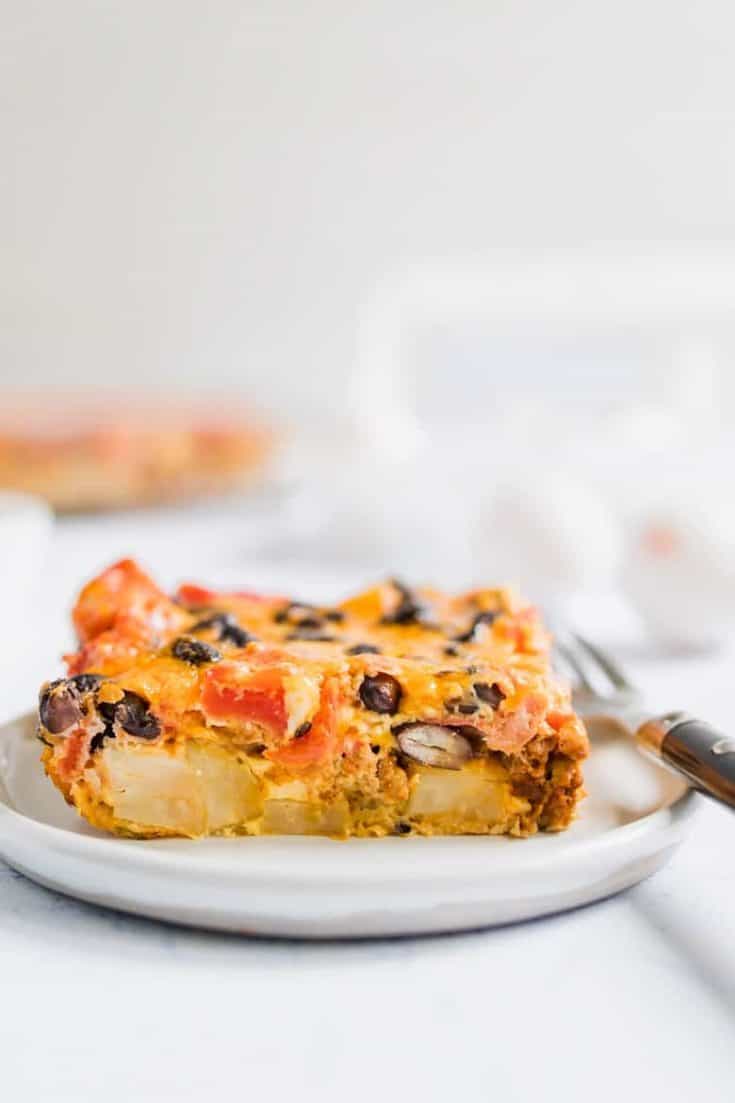
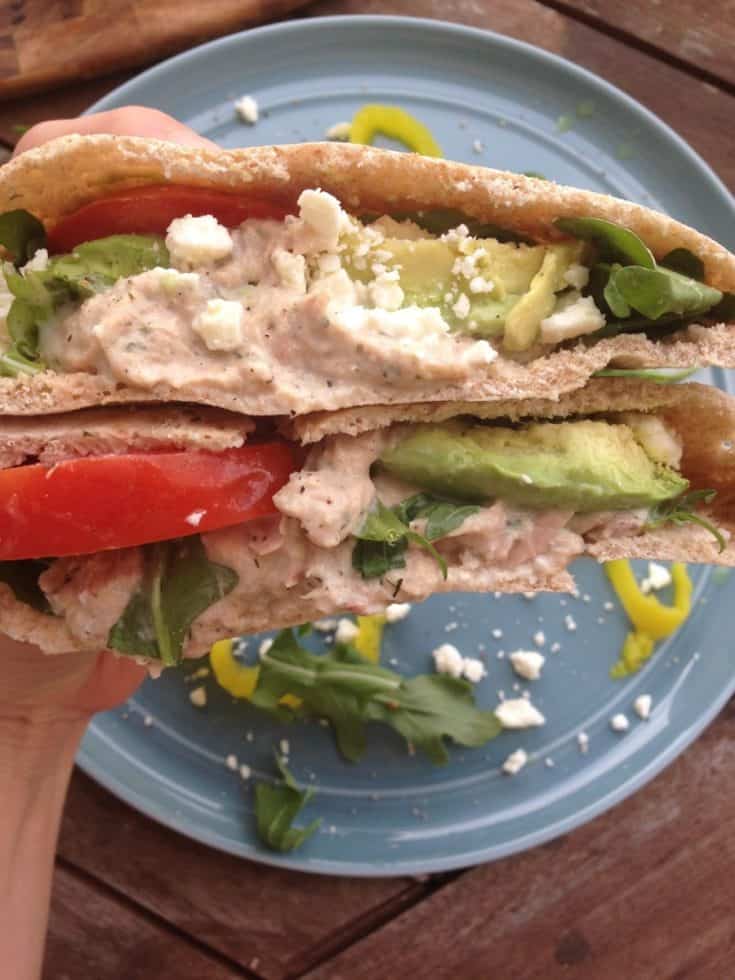
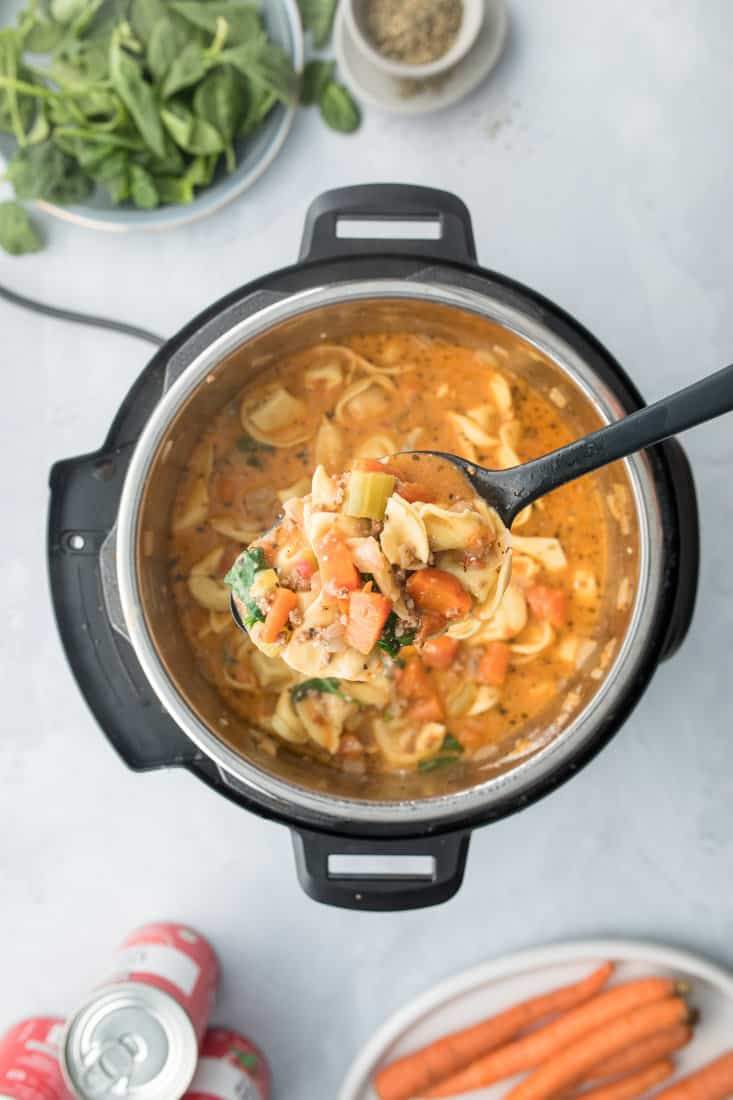
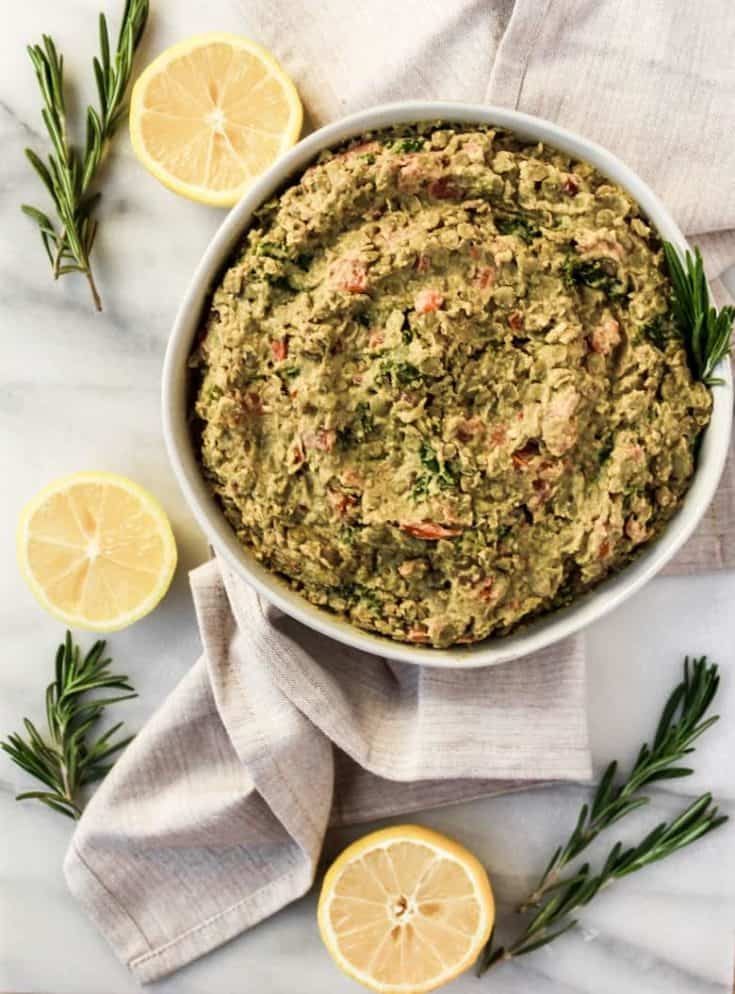
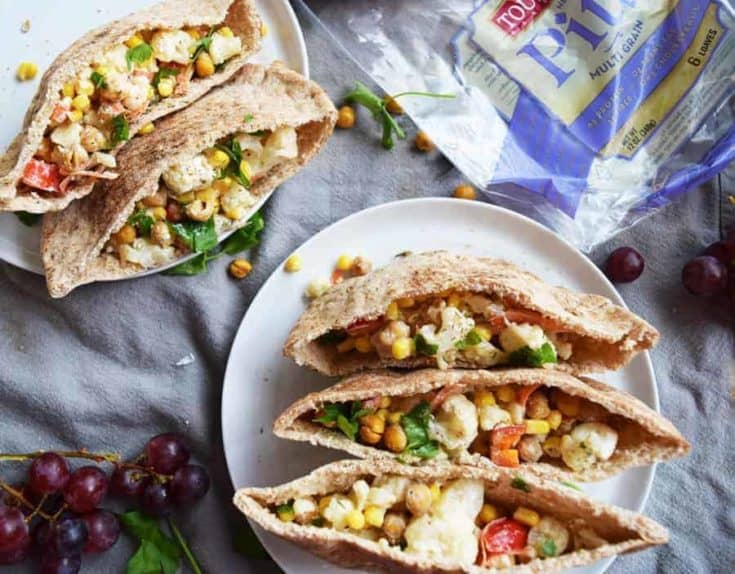
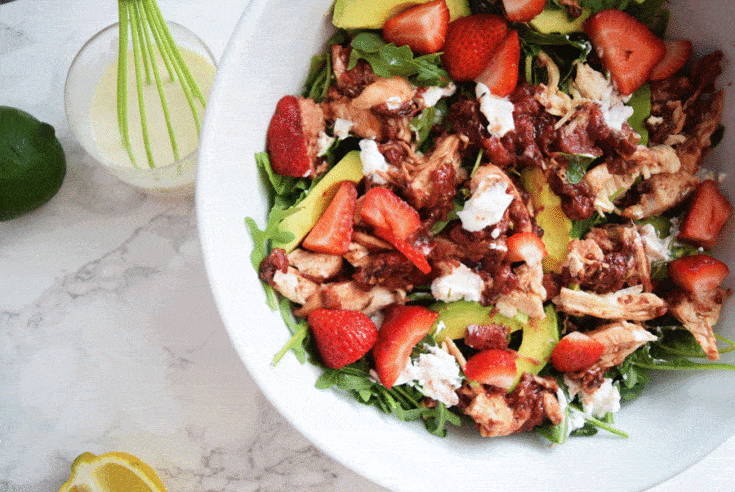
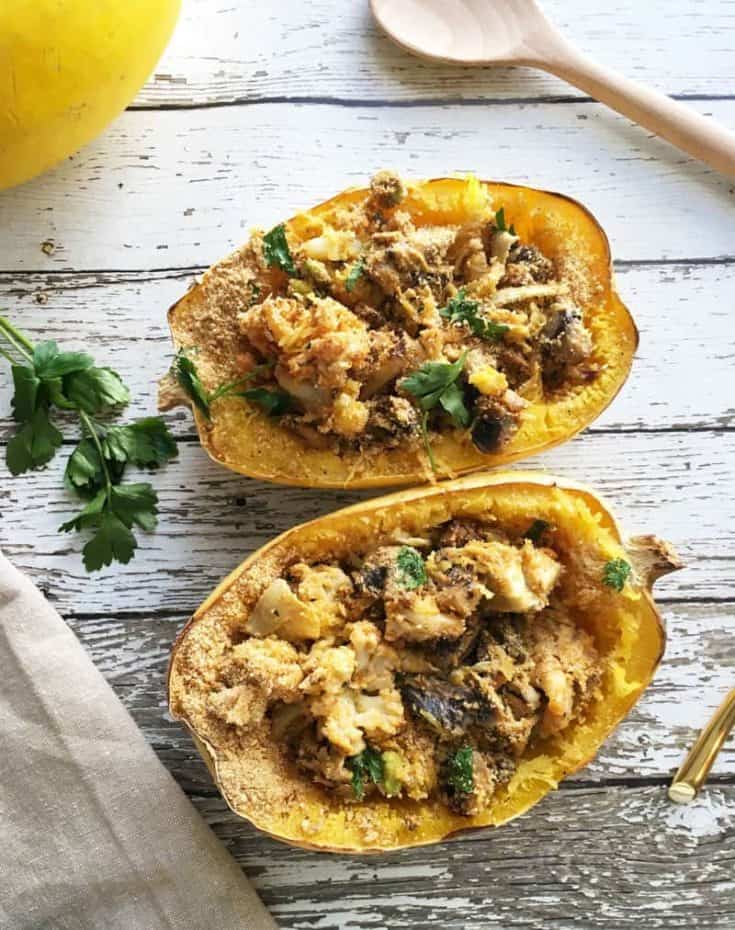
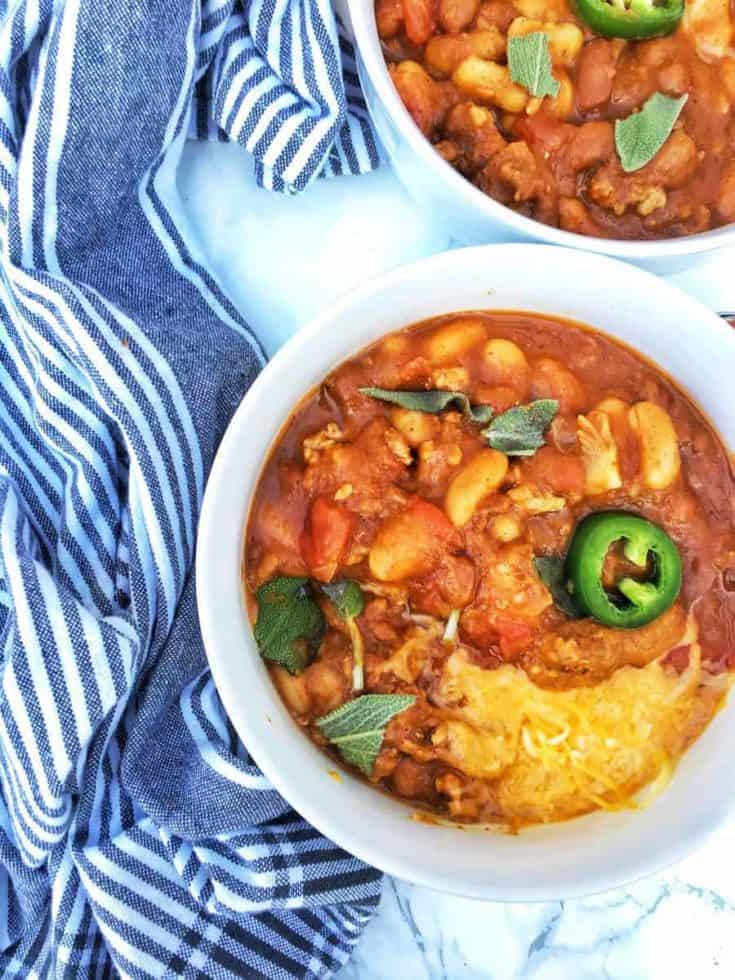
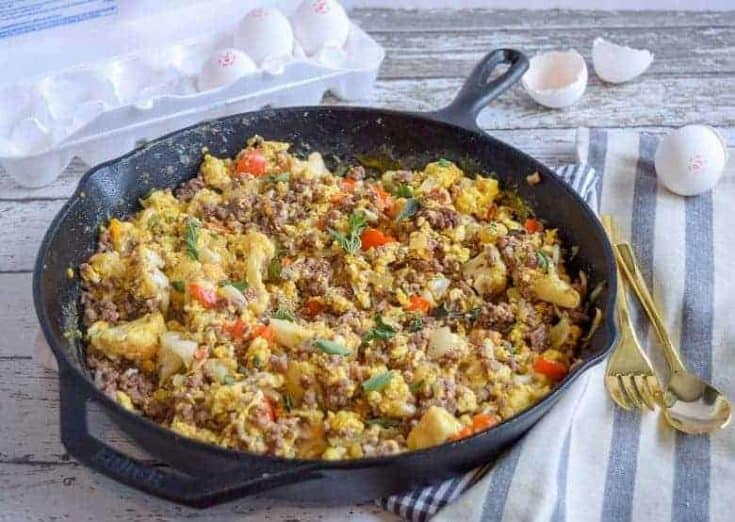
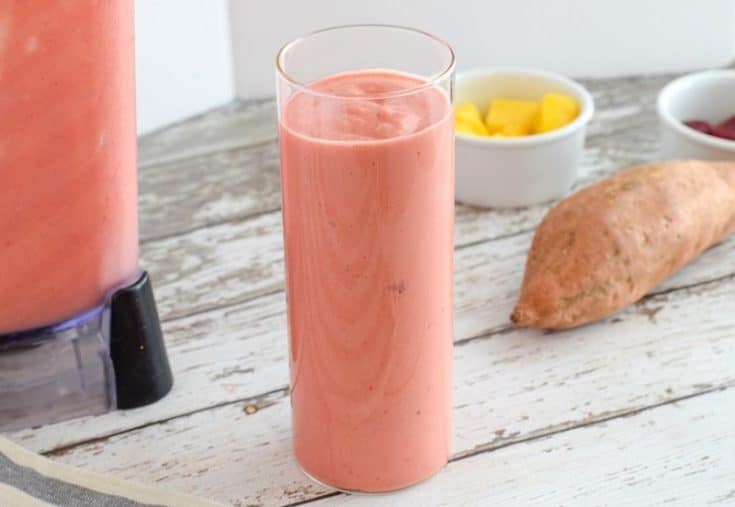
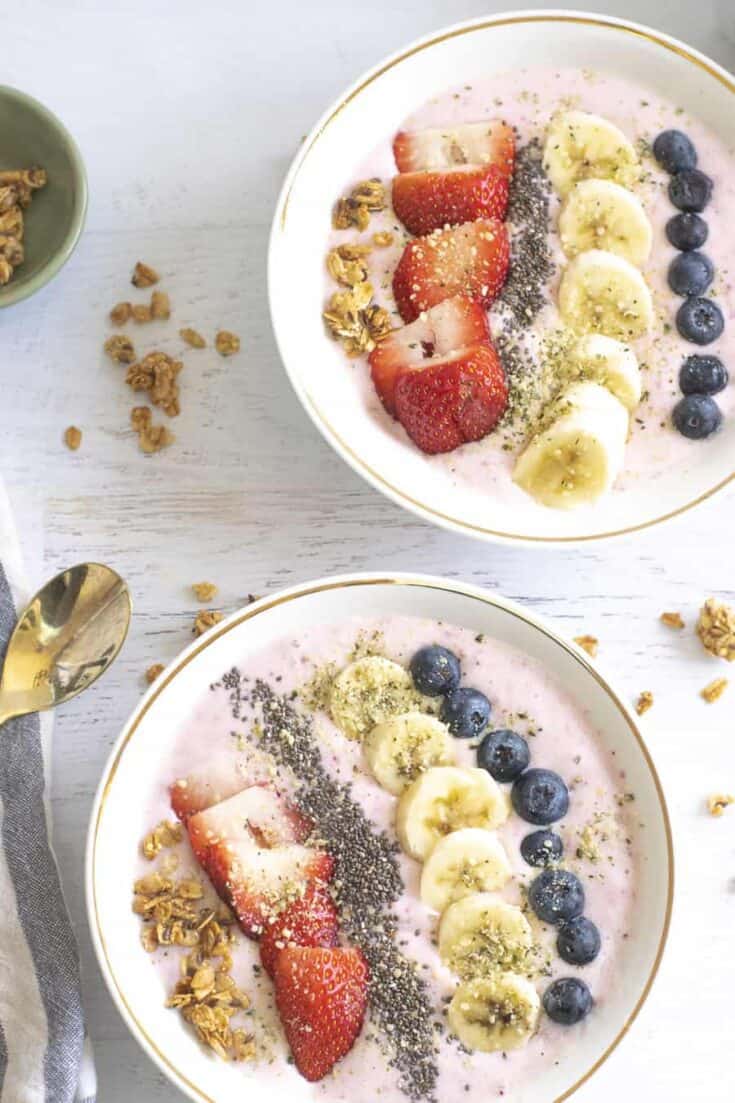
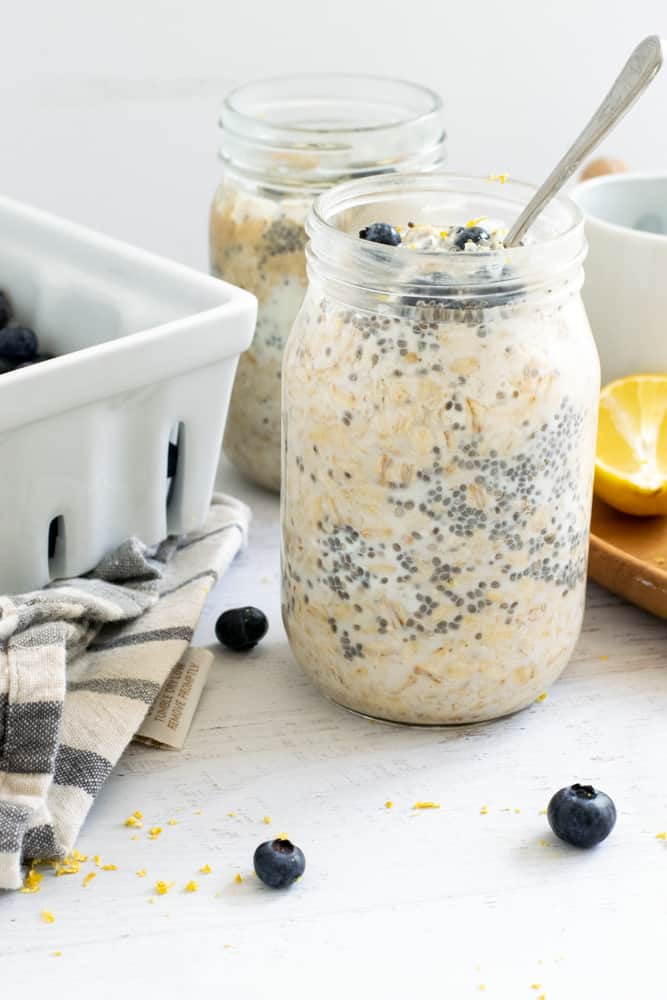
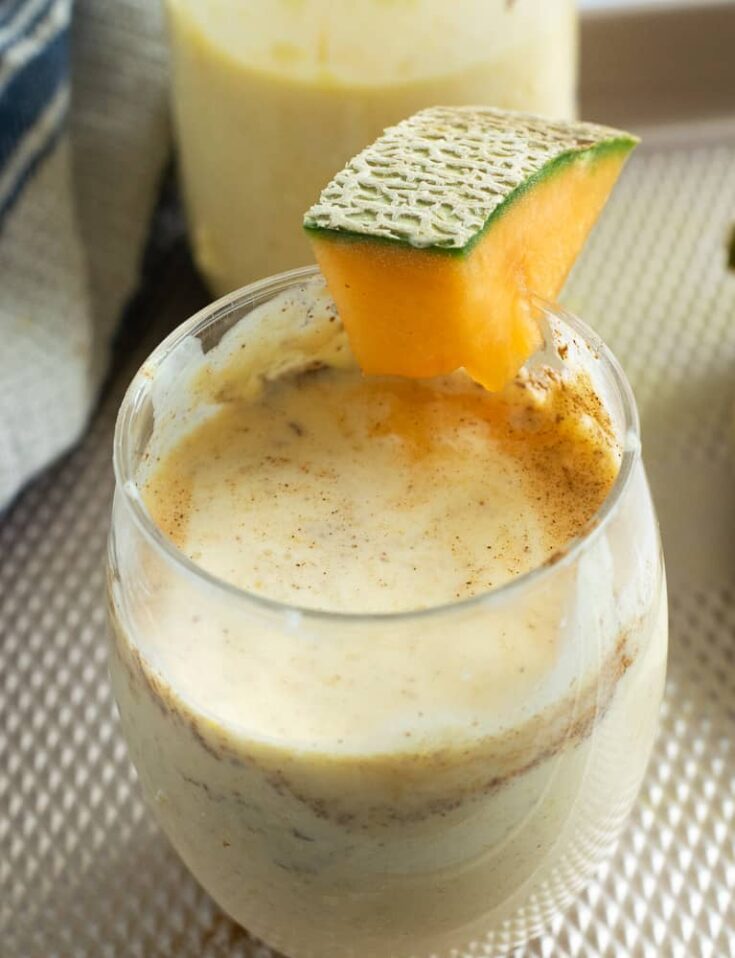
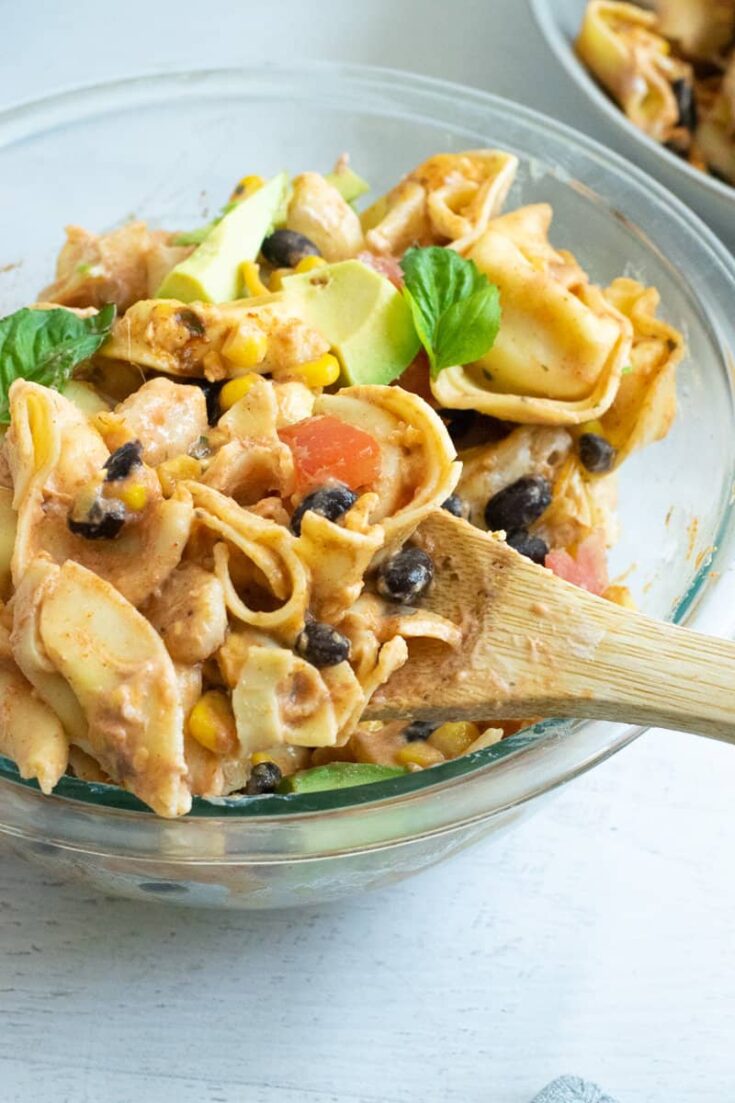
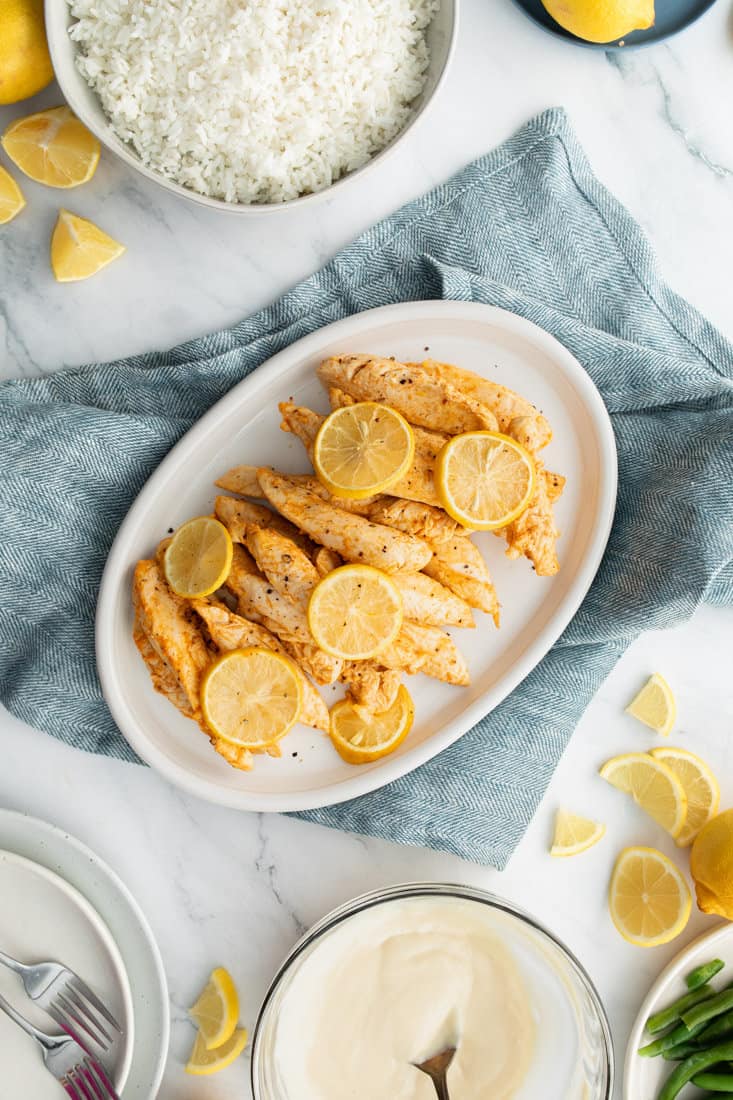
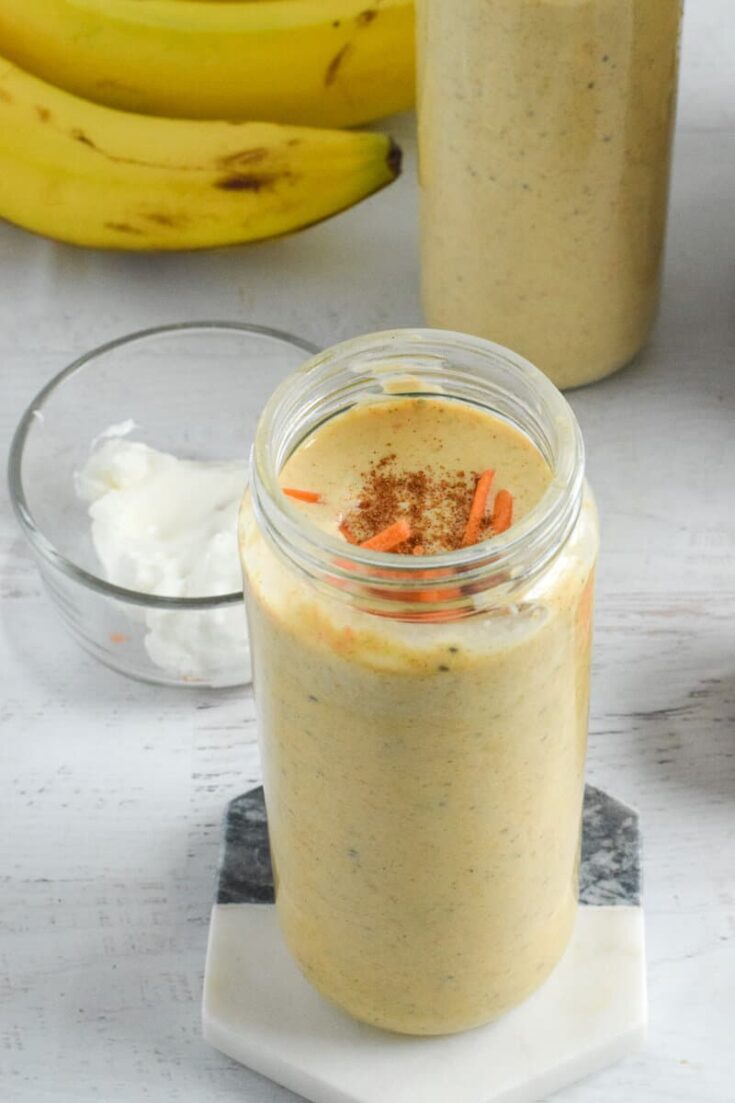


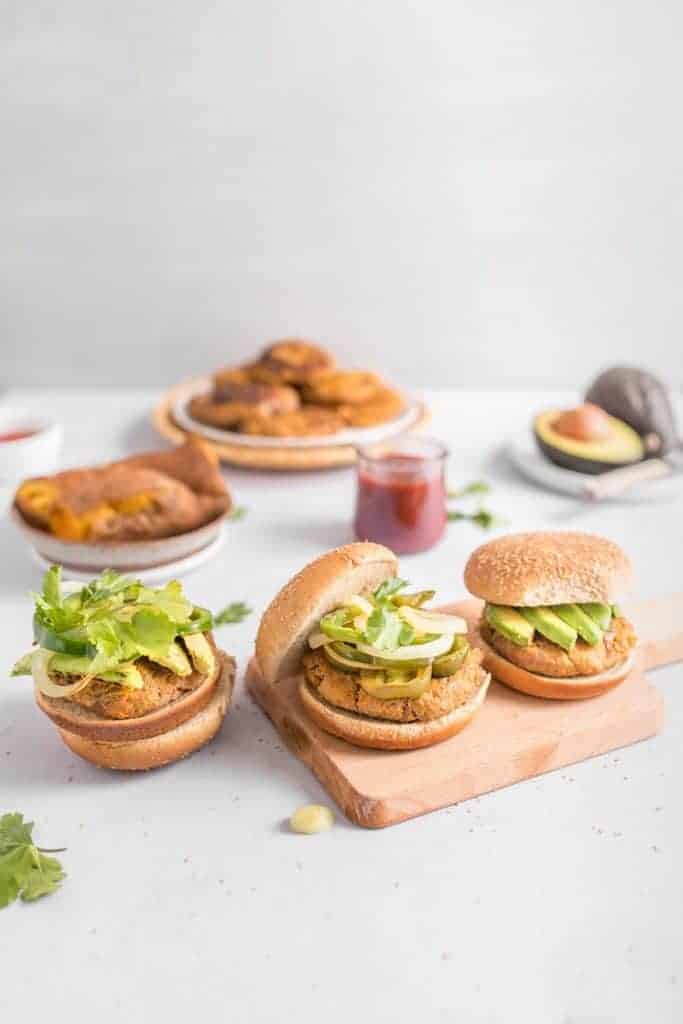
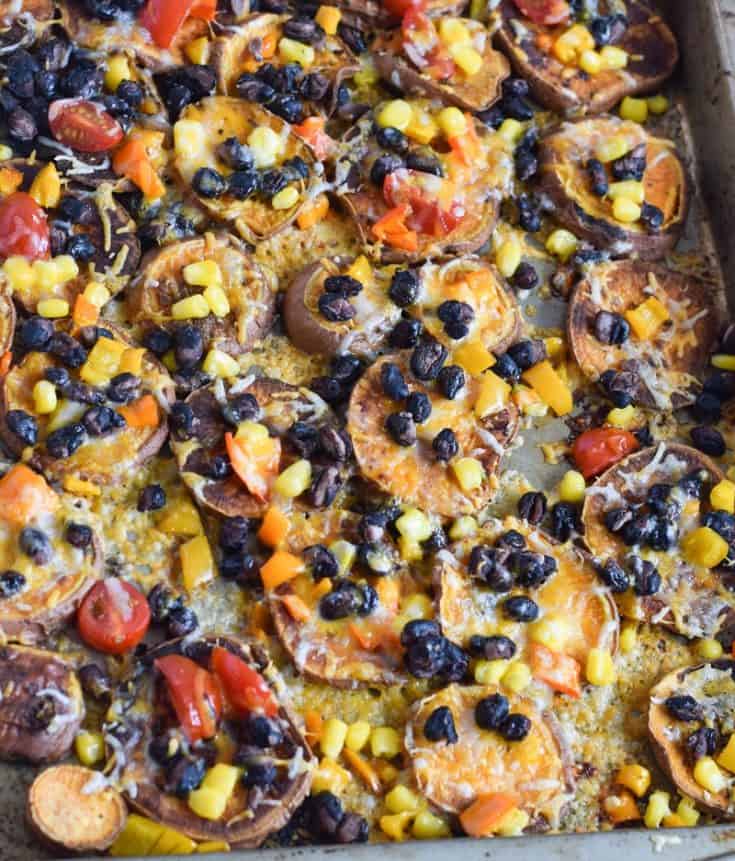
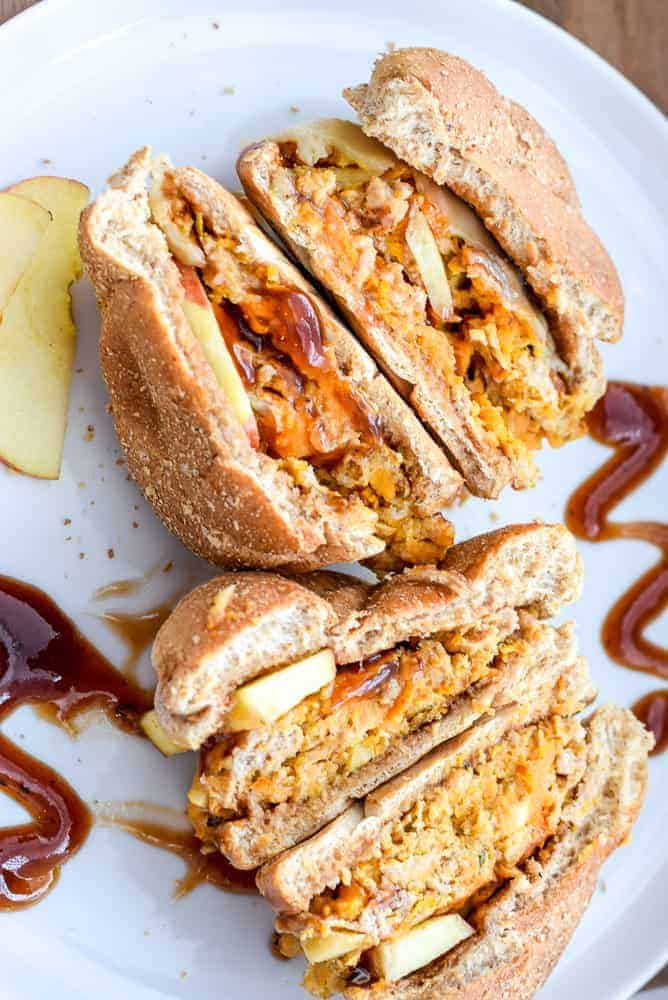
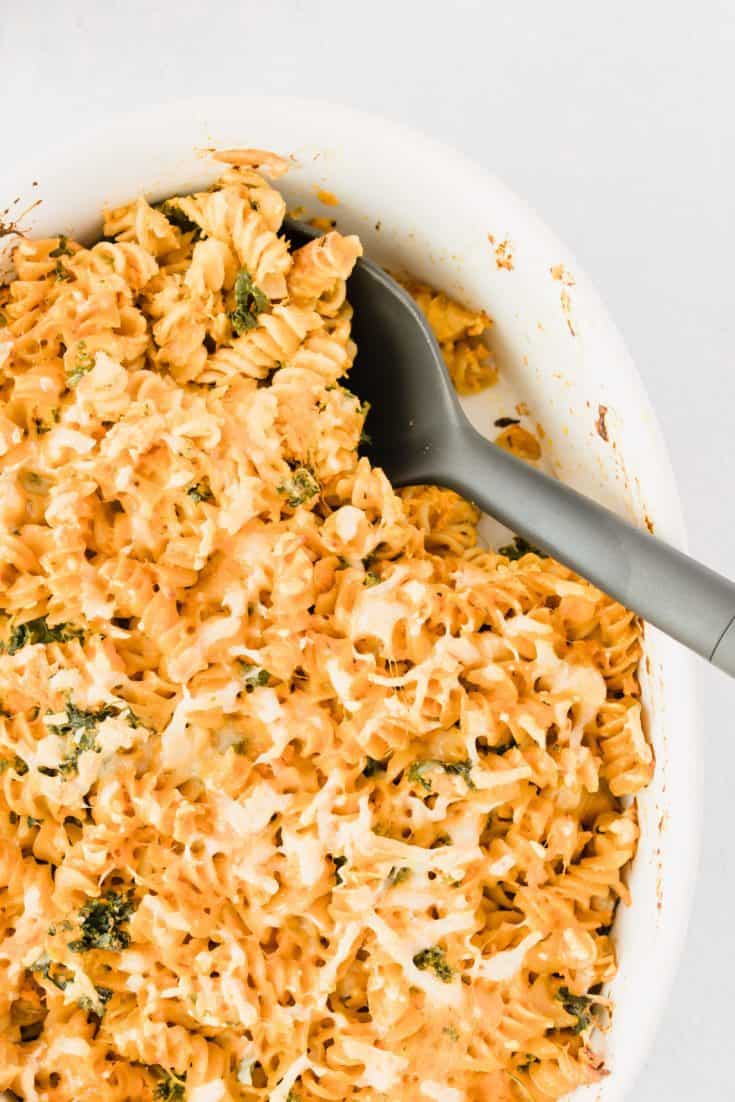
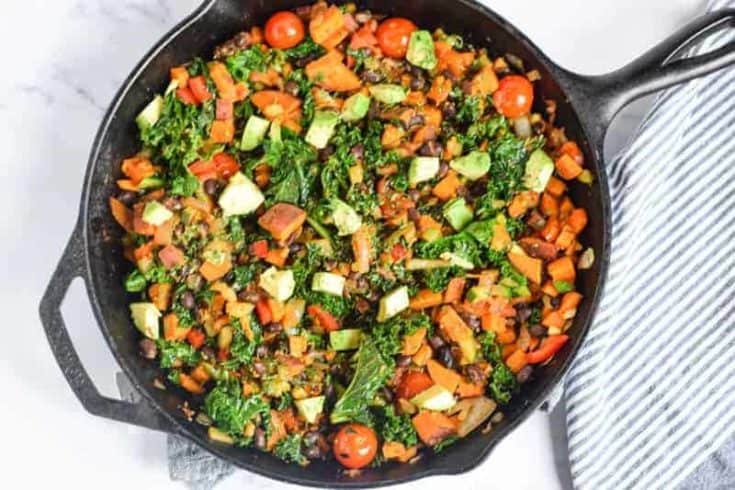
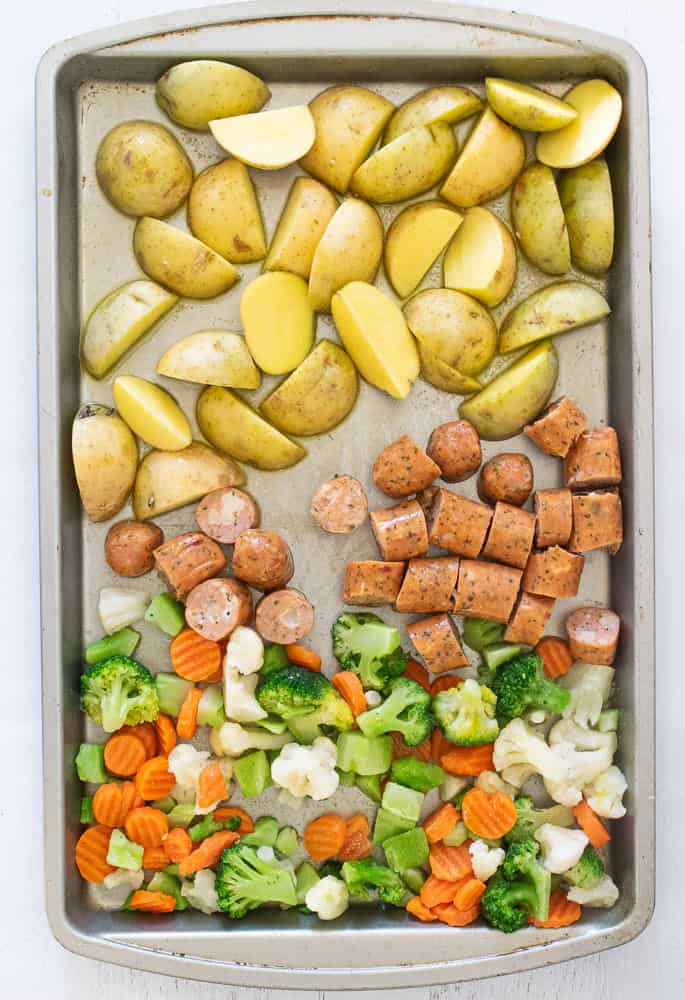
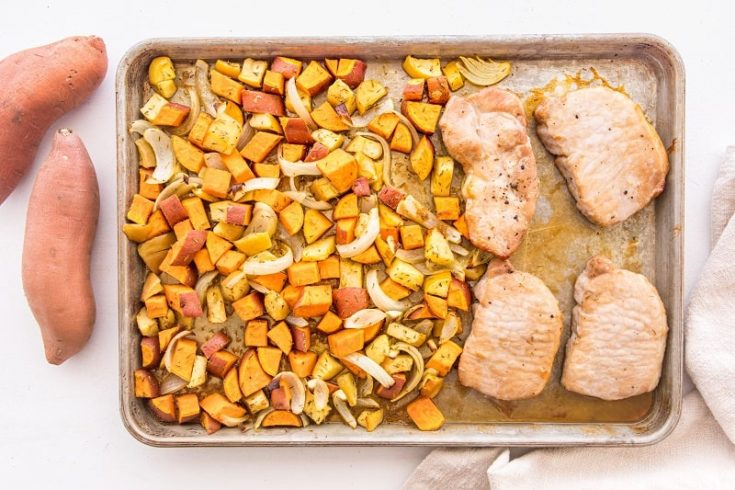
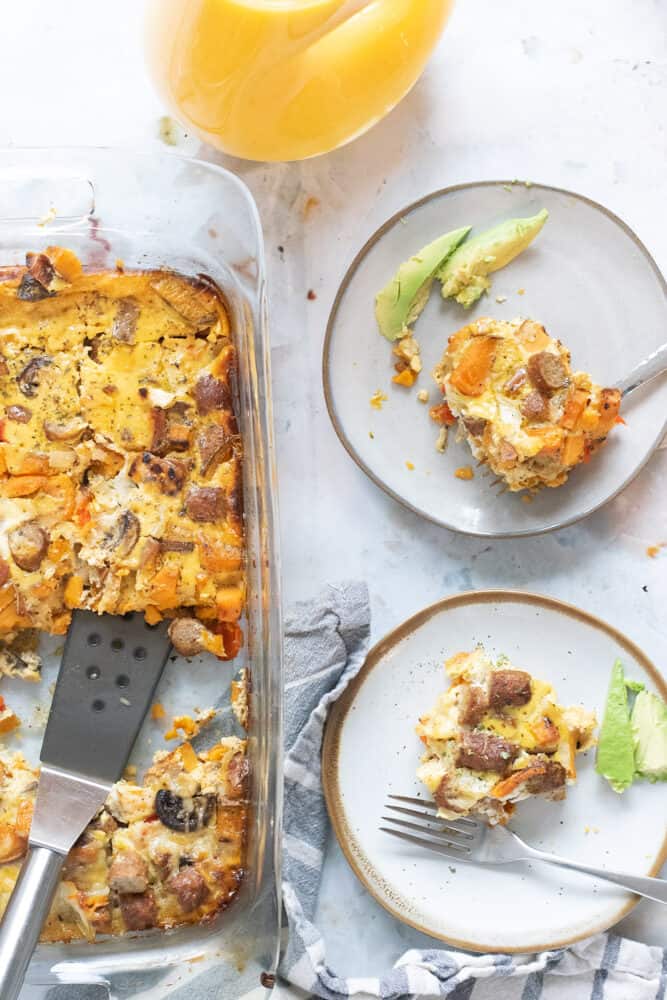
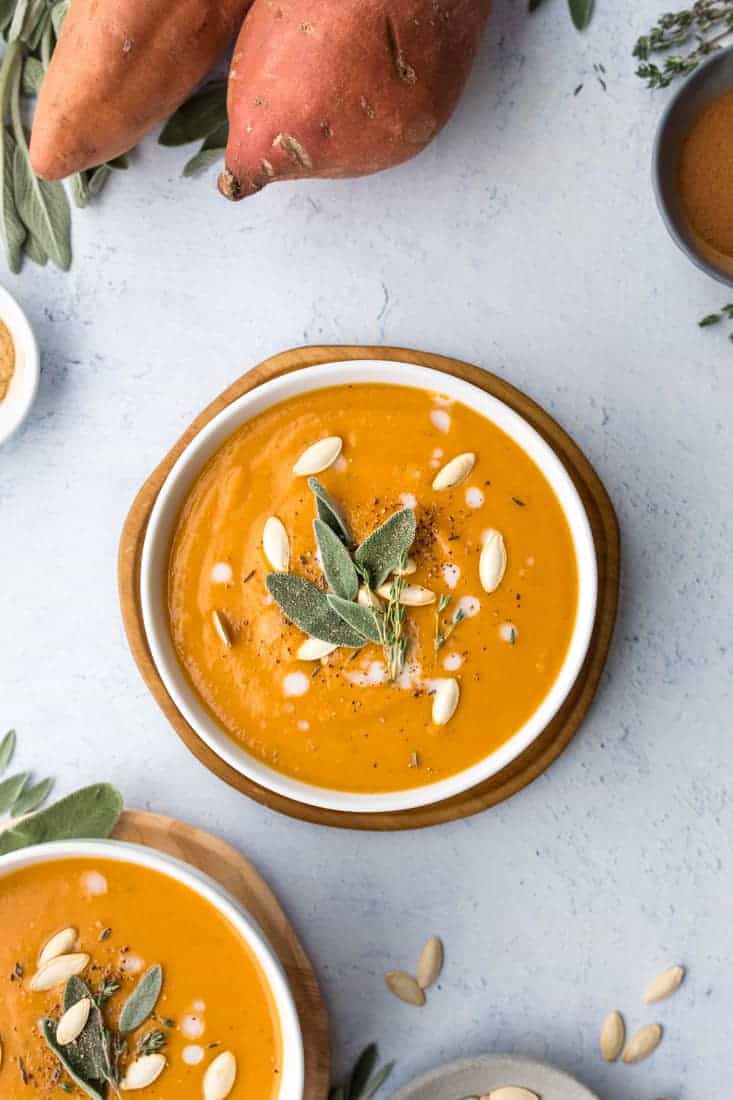
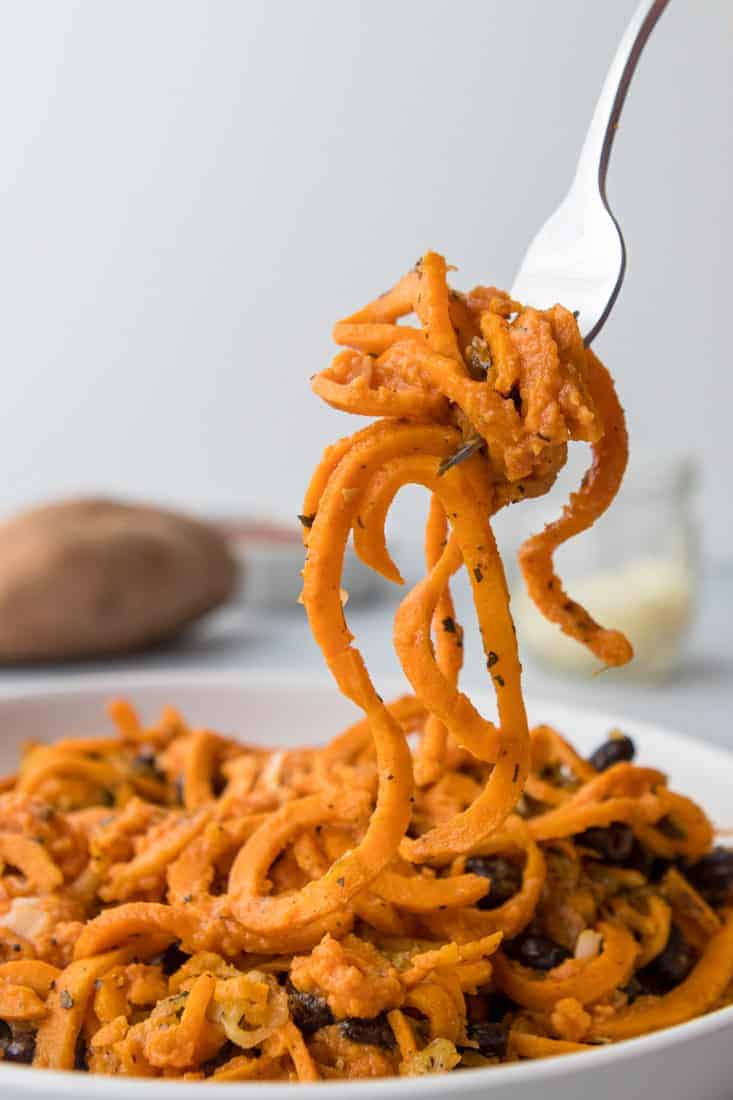
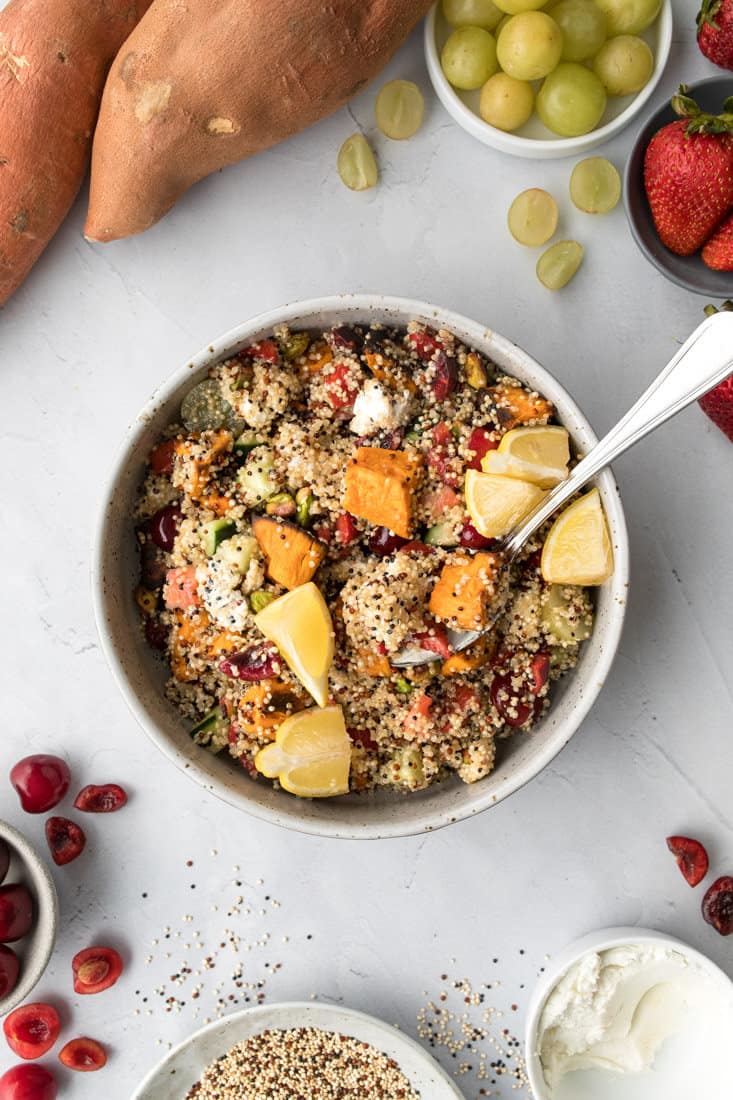
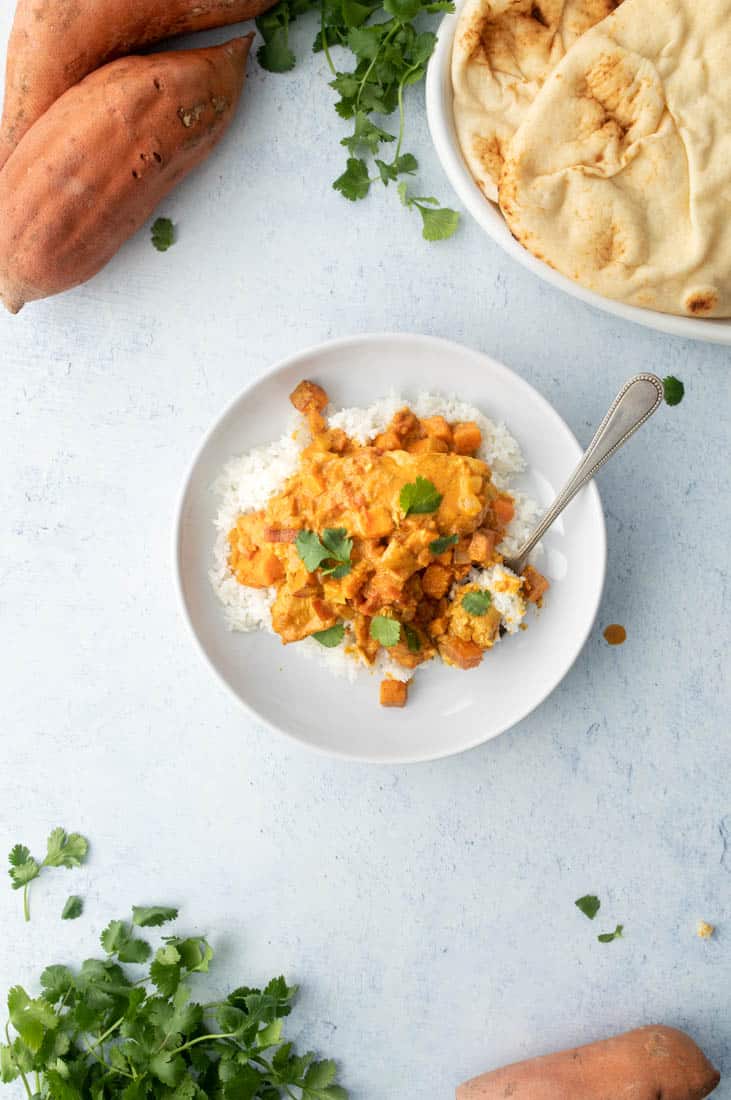
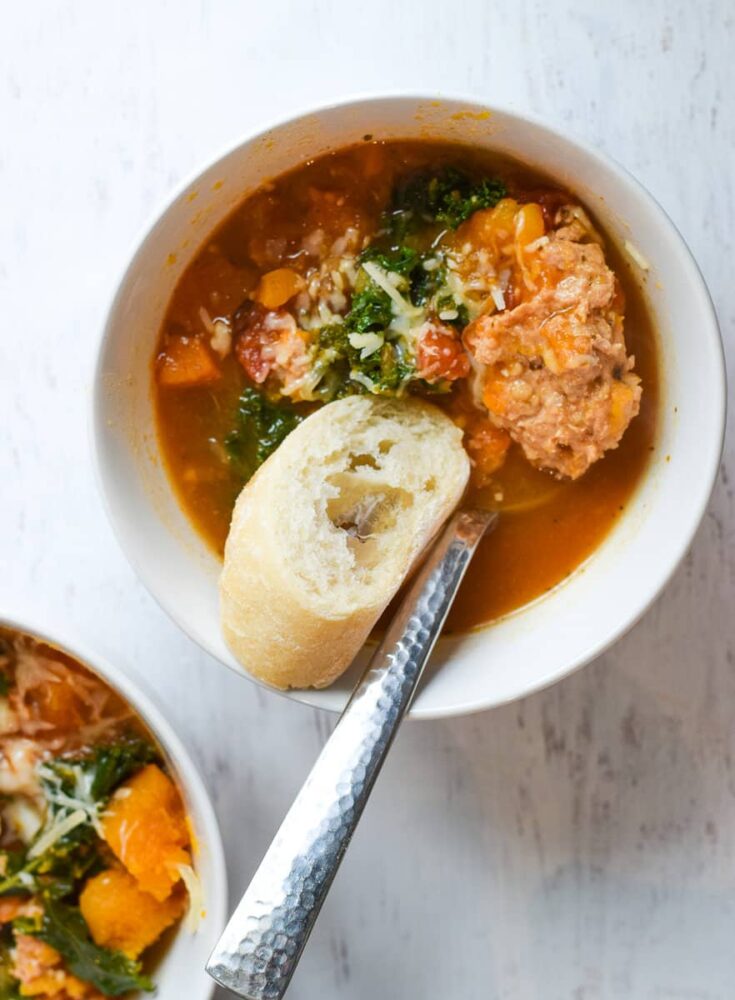

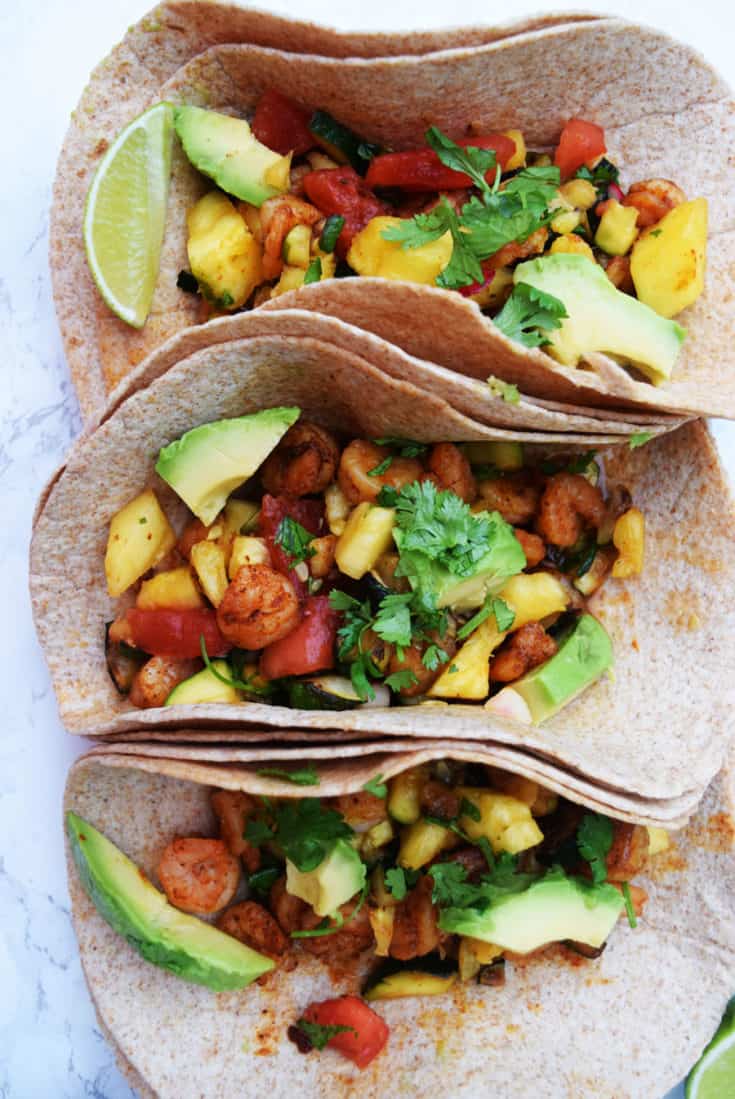

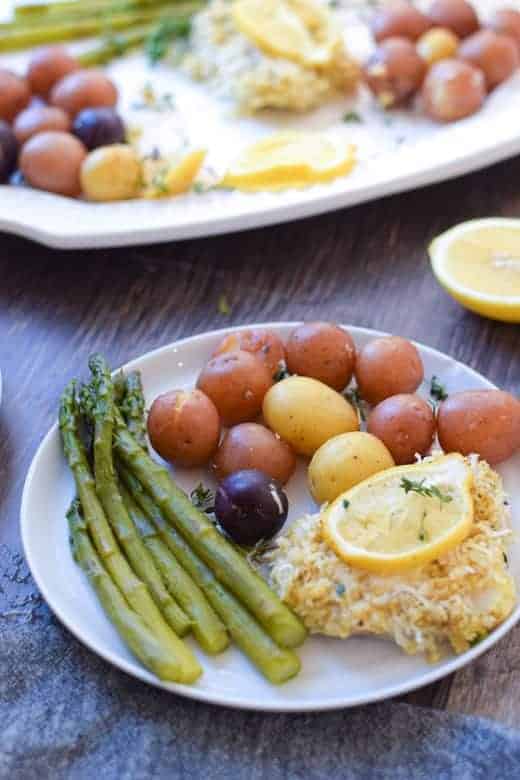
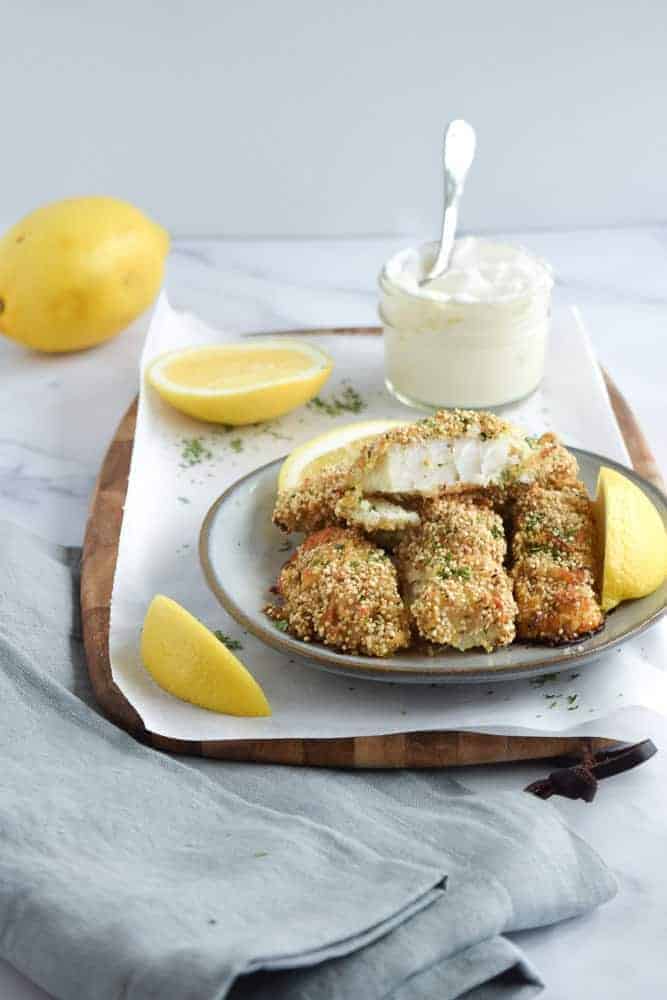
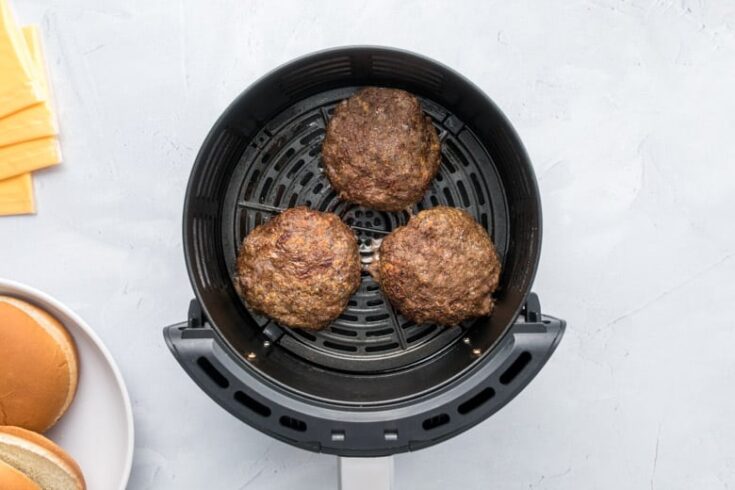
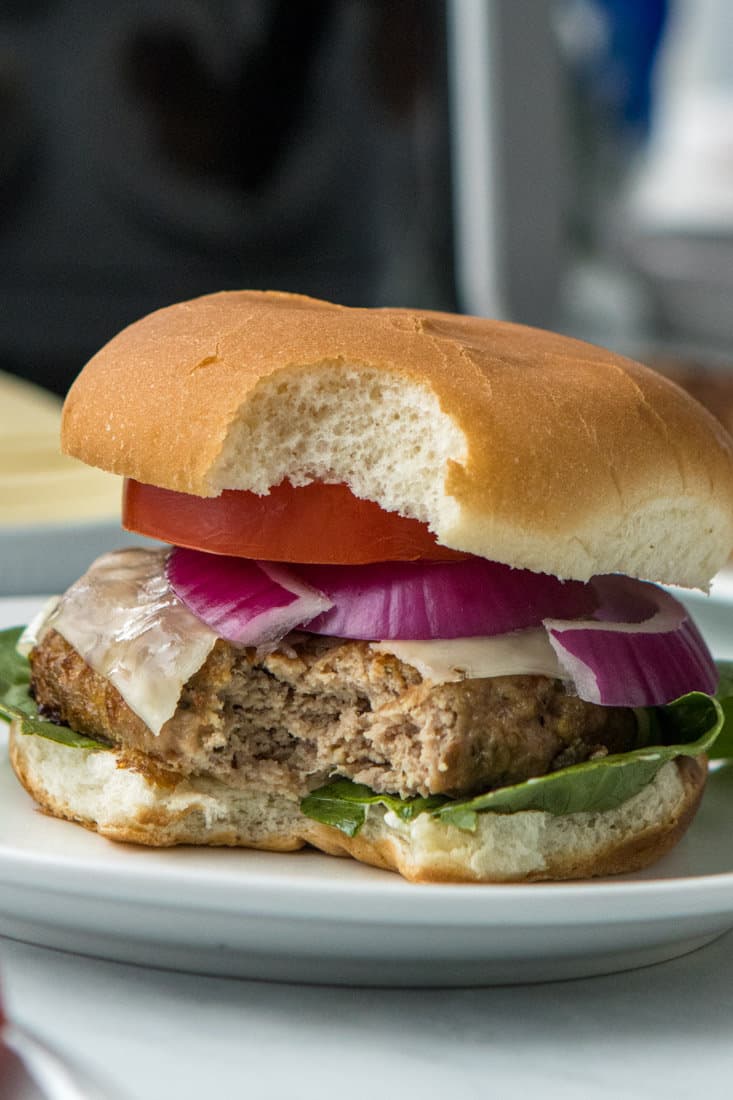
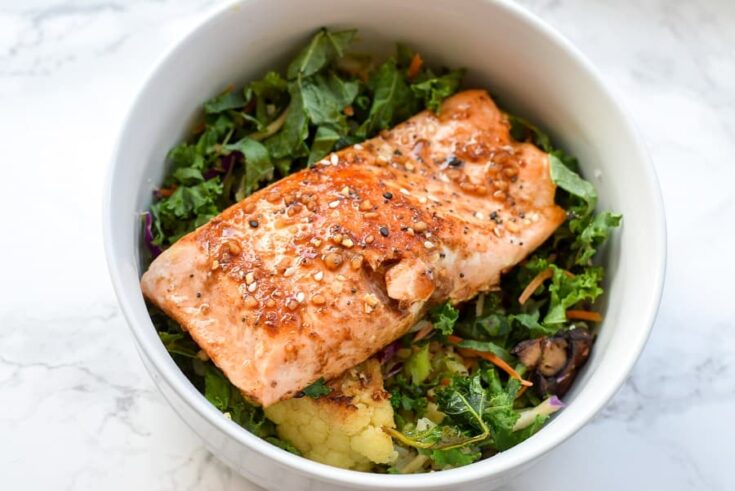
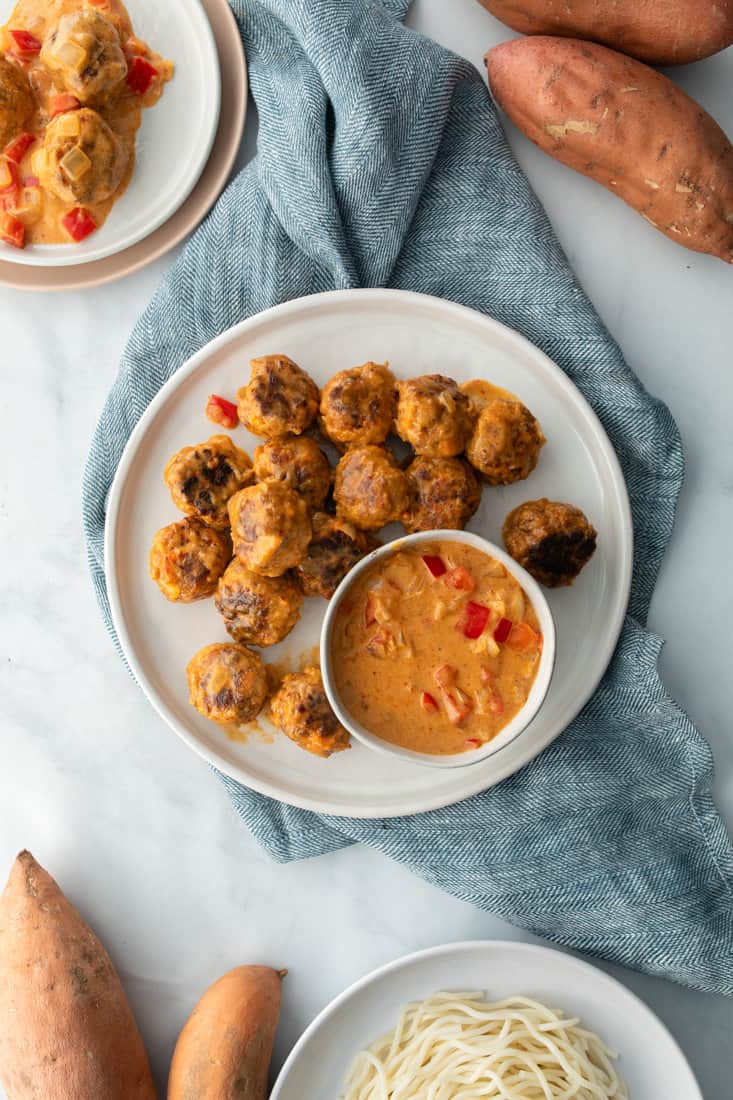


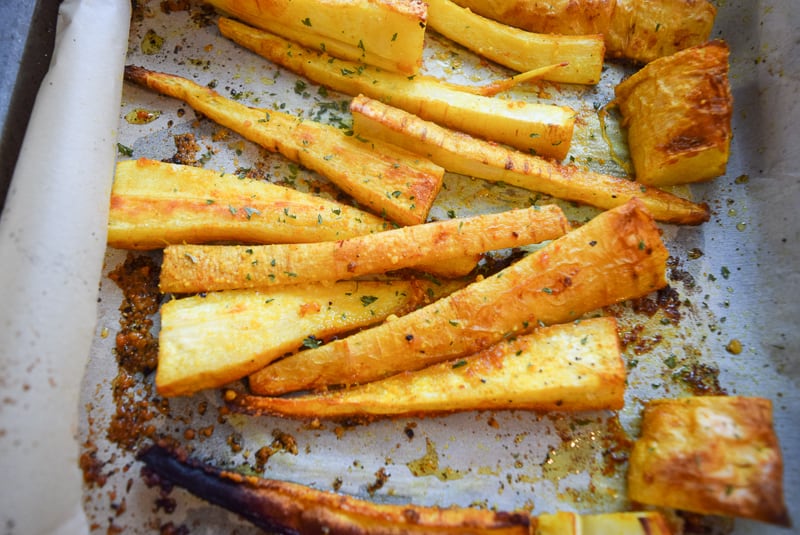
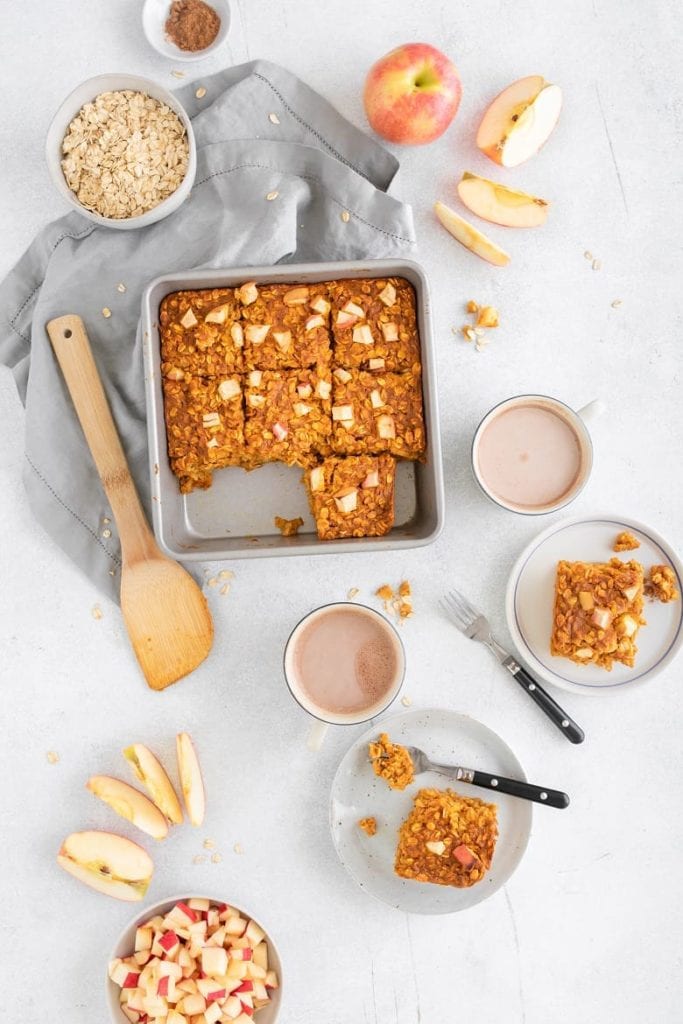


Like This Content?
Support Bucket List Tummy